“There aaaaa paaaas the fire at the laaac! “, we used to say in France when we want to make fun of our Swiss friends. This proverbial slowness, inspired by the drawling accent of the Romands and the calm character of the Bernese, does it slow down the development of padel Swiss?
We are not talking here about the speed of the game, since in padel – and especially in Spain – knowing how to play slowly (and patiently) is a quality that many tennis players take years to acquire. The slowness in question is that with which the padel is developing in Switzerland, one of the least advanced countries in Europe in this area.
At the start of 2021, it was estimated that only 4500 the number of practitioners in Switzerland and about thirty the number of places where one could play. These figures have since increased, with now around a hundred courts in 45 sites, and probably around ten thousand practitioners... (read below)
Hornuss and skittles St. Gallen, a competition?
Thanks to the publication of an interesting article by Matthew Aeschmann on the economic site Bilan.ch, we will try to understand why the boom experienced by the padel in Italy (6000 tracks), Sweden (3500 tracks), Belgium (1500 tracks) or France (1300 tracks) has a late impact on Swiss soil.
■ A cruel lack of tracks.- If you padel is less of a hit in Switzerland than elsewhere, it is not because of competition from traditional and typical sports such as hornuss or the Saint-Gall skittles (of Alsatian origin, according to some). The Swiss who adopt the padel are generally seduced in the same way as other Europeans. But alas for them, they have very little land to practice. "In winter in Geneva, there is a fifteen-day wait to get a track," laments one of the witnesses interviewed by Mathieu Aeschmann.
■ The price barrier? Play at padel in Switzerland is generally more expensive than in France and of course than in Spain. But this is not what slows down this sport in a country where the minimum salary exceeds 3000 € and where the standard of living is very high. And besides, some Swiss clubs, private or associative, offer very attractive conditions.
■ Too expensive rents, too high salaries.- What really hinders the opening of private centers dedicated to padel, is the very high price of rents, especially in the most populated areas. The Bilan.ch article cites average prices of 30 Swiss francs (almost as many euros) per month to rent a 000 m² complex. Such a surface will accommodate a maximum of eight to ten pitches, provided that the space occupied by the changing rooms and the bar, essential to the conviviality of the place, is limited. If we add to this the cost of employees, which is higher than elsewhere in Europe (except Luxembourg), we see that profitability is harder to achieve.
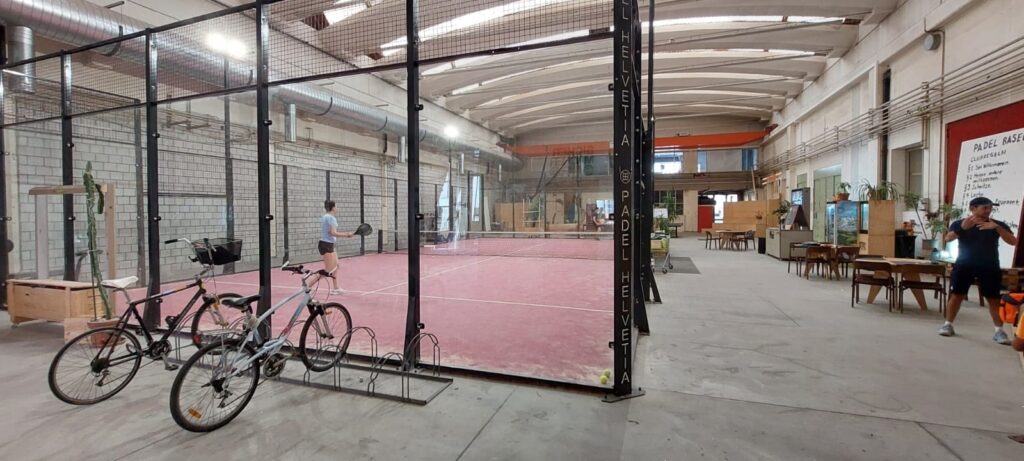
■ Where are the football stars? Rather than renting, is it better to buy or build a room dedicated to padel in Swiss ? In this country where it is often necessary to go into debt over several generations to become an owner, this is a dream, because it would take decades to amortize the investment. As a result, billionaires do not rush to invest: thus, former football stars live in Switzerland mainly for tax reasons – and not to inject their wealth there, as they do in Italy, Sweden or even France.
■ The price of the slopes.- This does not only concern Switzerland, but all of Europe: while a track of padel could cost 25 to 30 euros three or four years ago, this price has almost doubled since. In question, the increase in raw materials, that of fuels and the explosion of demand which encourage manufacturers to monetize their services dearly.
■ Public funding almost absent.- Contrary to France, where the associative clubs can benefit from very important subsidies from the municipalities, the departments and the regions, the development of the padel in Switzerland rarely benefits from public money.
■ A weak federation.- Swiss Padel (or SUIPA) the Swiss Federation of padel, is independent of the tennis federation. It is therefore very, very far from having the financial power, the employees, the infrastructures and the expertise enjoyed by the French Tennis Federation, which oversees the padel since 2014 and bets big on this sport. And of course, there is no place in Switzerland as legendary as Roland-Garros to welcome the best players of padel world and promote international media coverage.
Self-service beer
But all hope is not lost for Swiss aficionados of padel. Many sometimes come to play in neighboring countries – France and Italy in the lead – to take advantage of more infrastructure and lower prices.
However, some Swiss benefit from advantageous conditions: this is the case for players in the atypical club of Klybeck, in Basel, offering a unique pink track, where an hour of play costs less than €7, balls and rackets included and self-service beer. Better still, the practice is free and free every Tuesday evening from 19 p.m.… At this price, it is the French who cross the border to taste the padel to Switzerland!
“The SUIPA federation (Swiss Padel) currently lists around a hundred courses throughout Switzerland, spread over 45 to 46 different sites. The year 2022 saw the opening of new sites every month. The number of active licensees is around 800. The number of competitions offered is also growing, notably with interclubs bringing together 38 teams of 6 to 9 players, in four different leagues. Another excellent sign: the sponsors are starting to take an interest in the padel, as well as regional authorities, which include the padel in their sports construction schedules. »
Manuel Faure, vice-president of SUIPA
After 40 years of tennis, Jérôme falls into the pot of padel in 2018. Since then, he thinks about it every morning while shaving… but never shaves pala in hand! Journalist in Alsace, he has no other ambition than to share his passion with you, whether you speak French, Italian, Spanish or English.

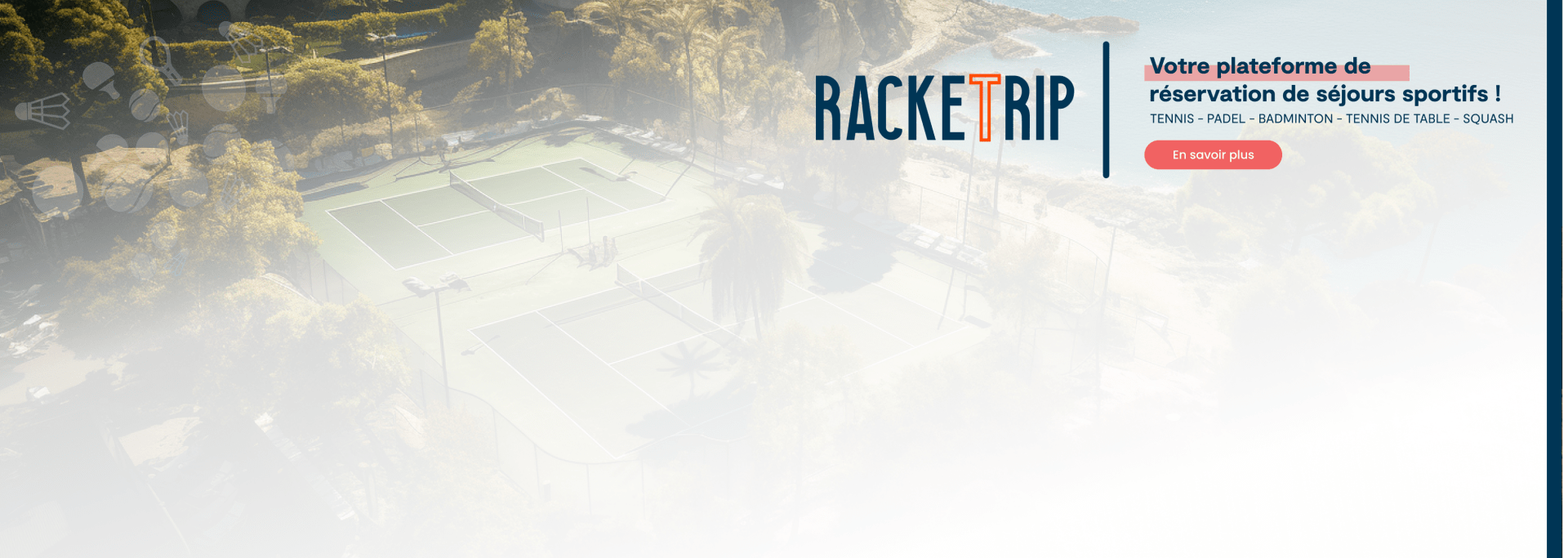


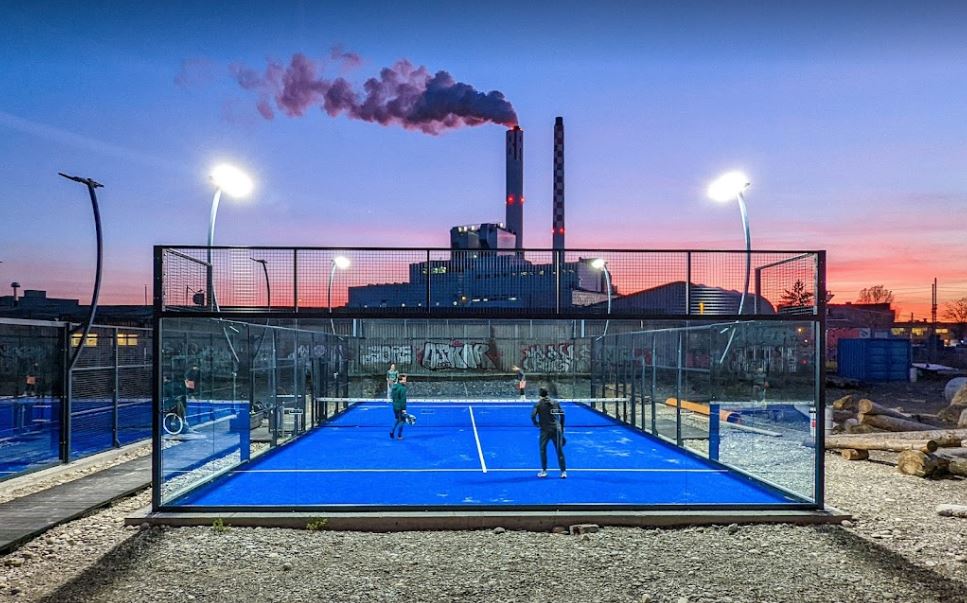















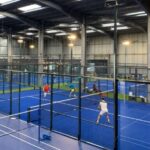


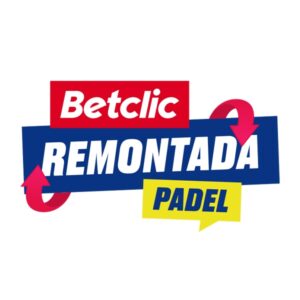





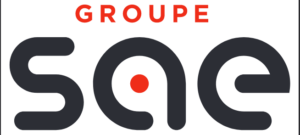
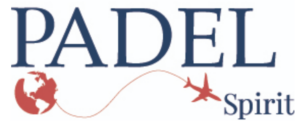
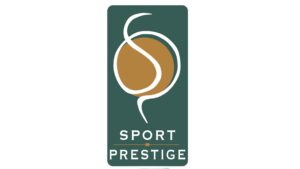
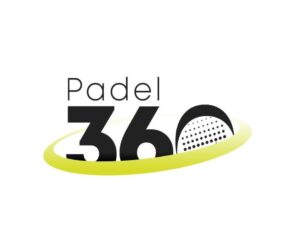
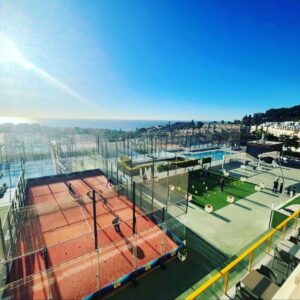




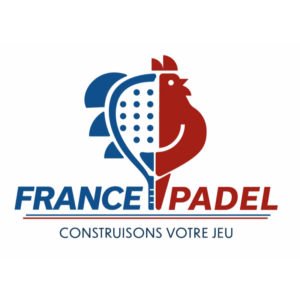


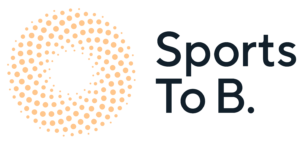

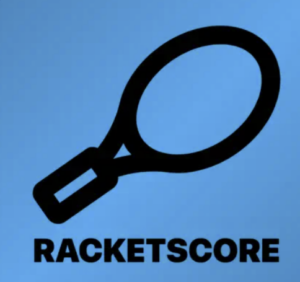
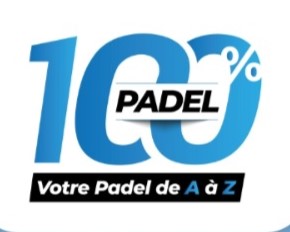
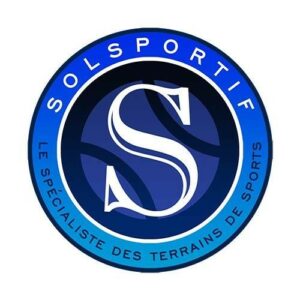




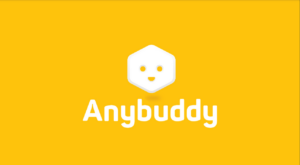
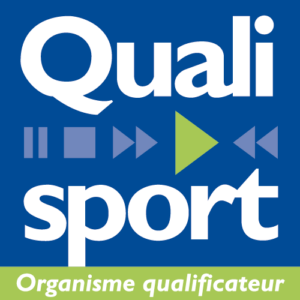


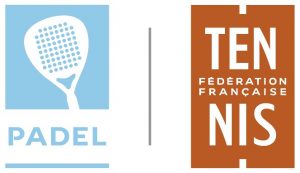
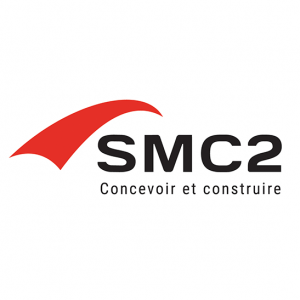
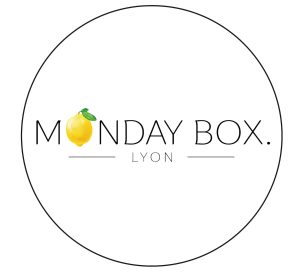

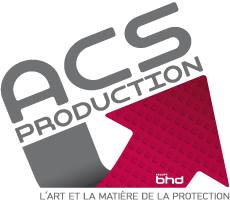
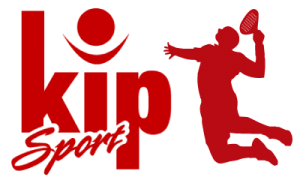



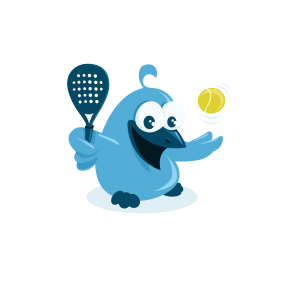

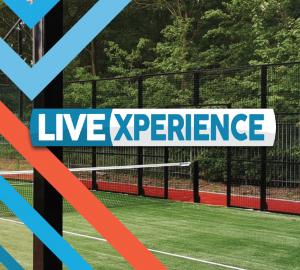
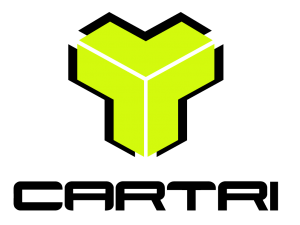

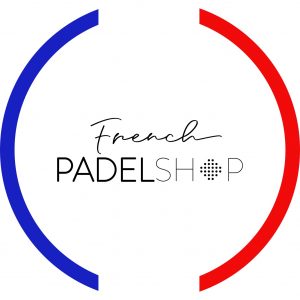

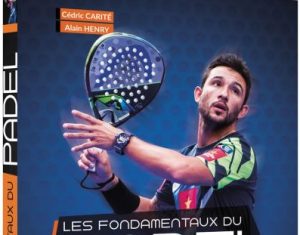


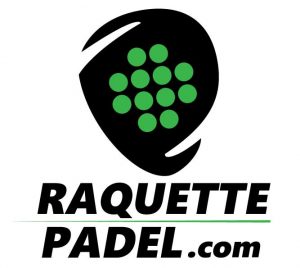
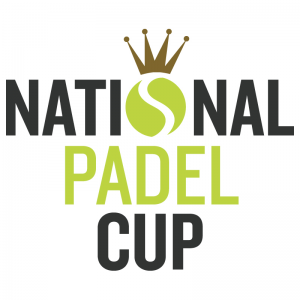
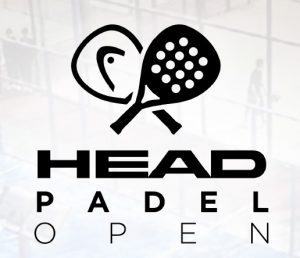

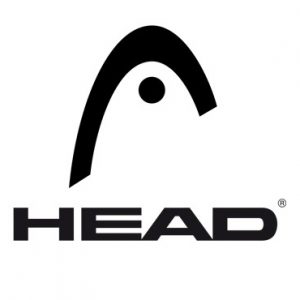



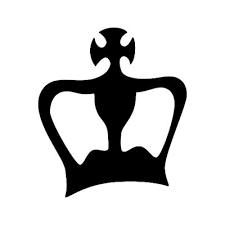
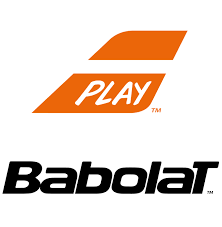

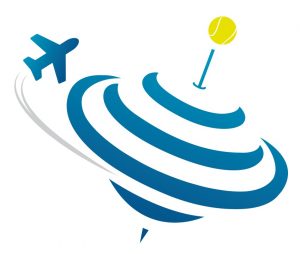
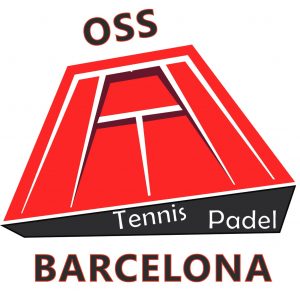
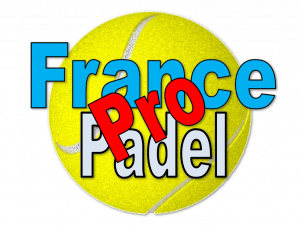

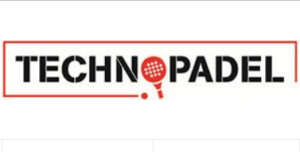
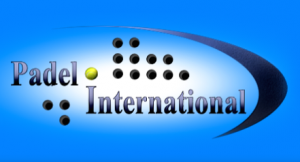

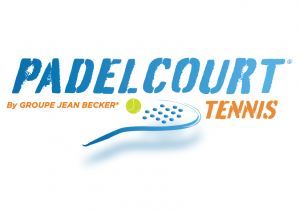


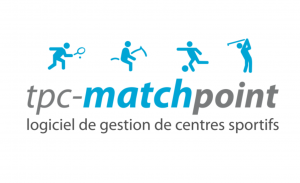

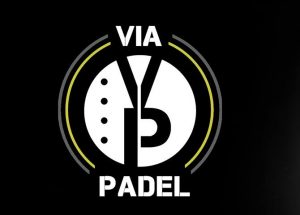



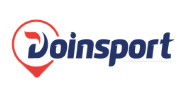
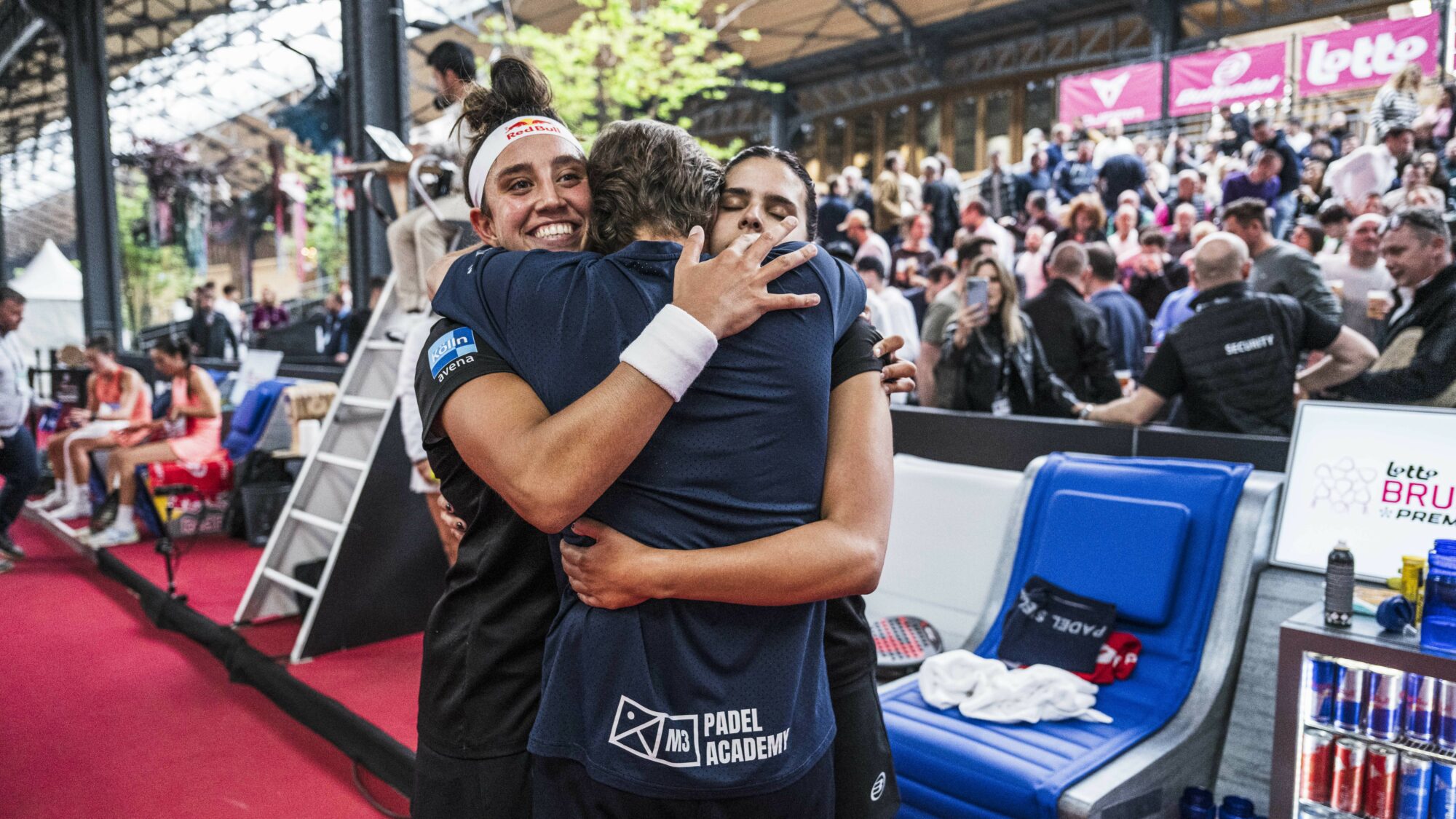 Premier Padel Brussels P2 – Brea/Gonzalez wins the arm wrestling against Salazar/Icardo
Premier Padel Brussels P2 – Brea/Gonzalez wins the arm wrestling against Salazar/Icardo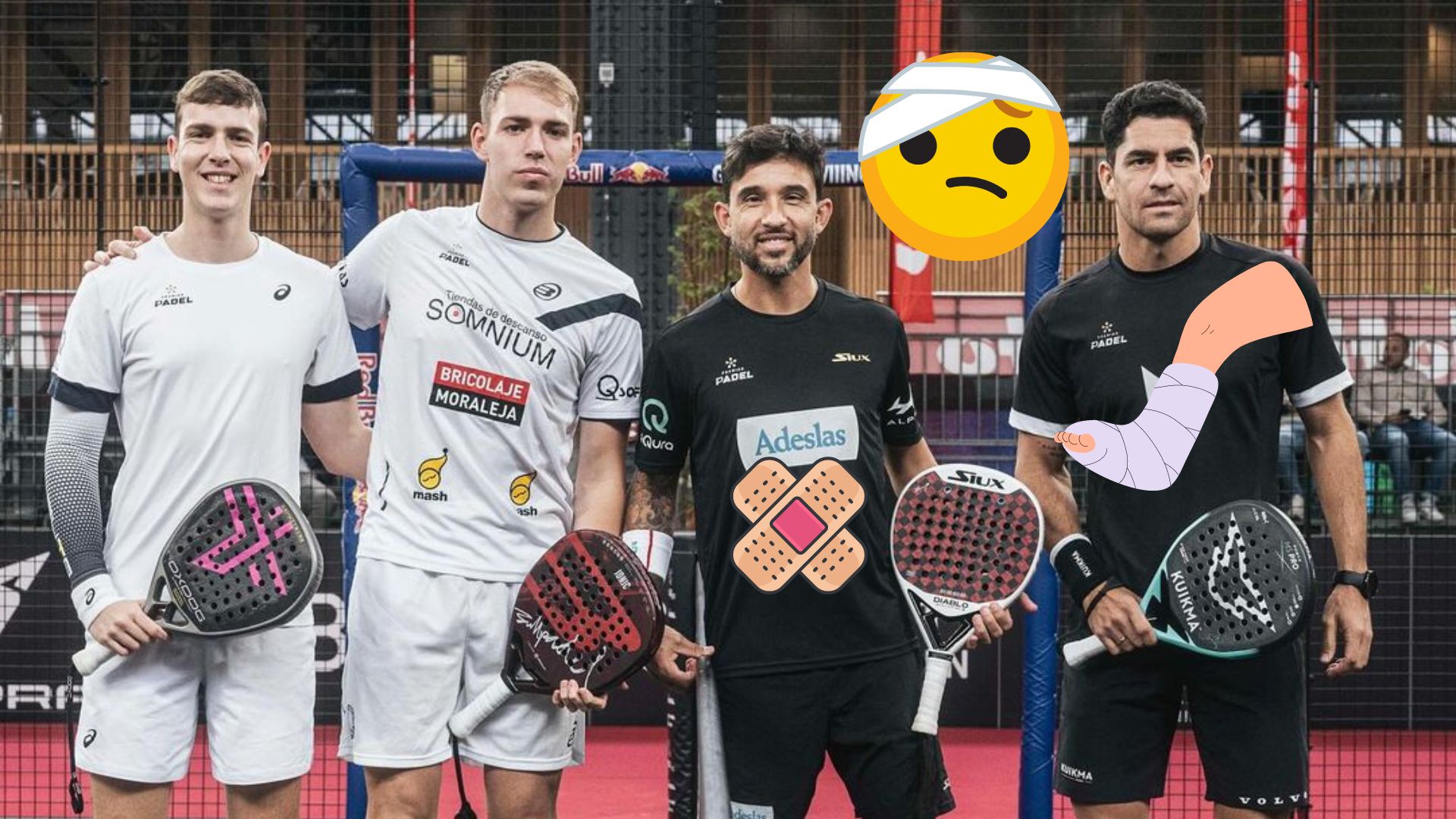 Unusual – Sanyo Gutierrez and Maxi Sanchez suffered in Brussels
Unusual – Sanyo Gutierrez and Maxi Sanchez suffered in Brussels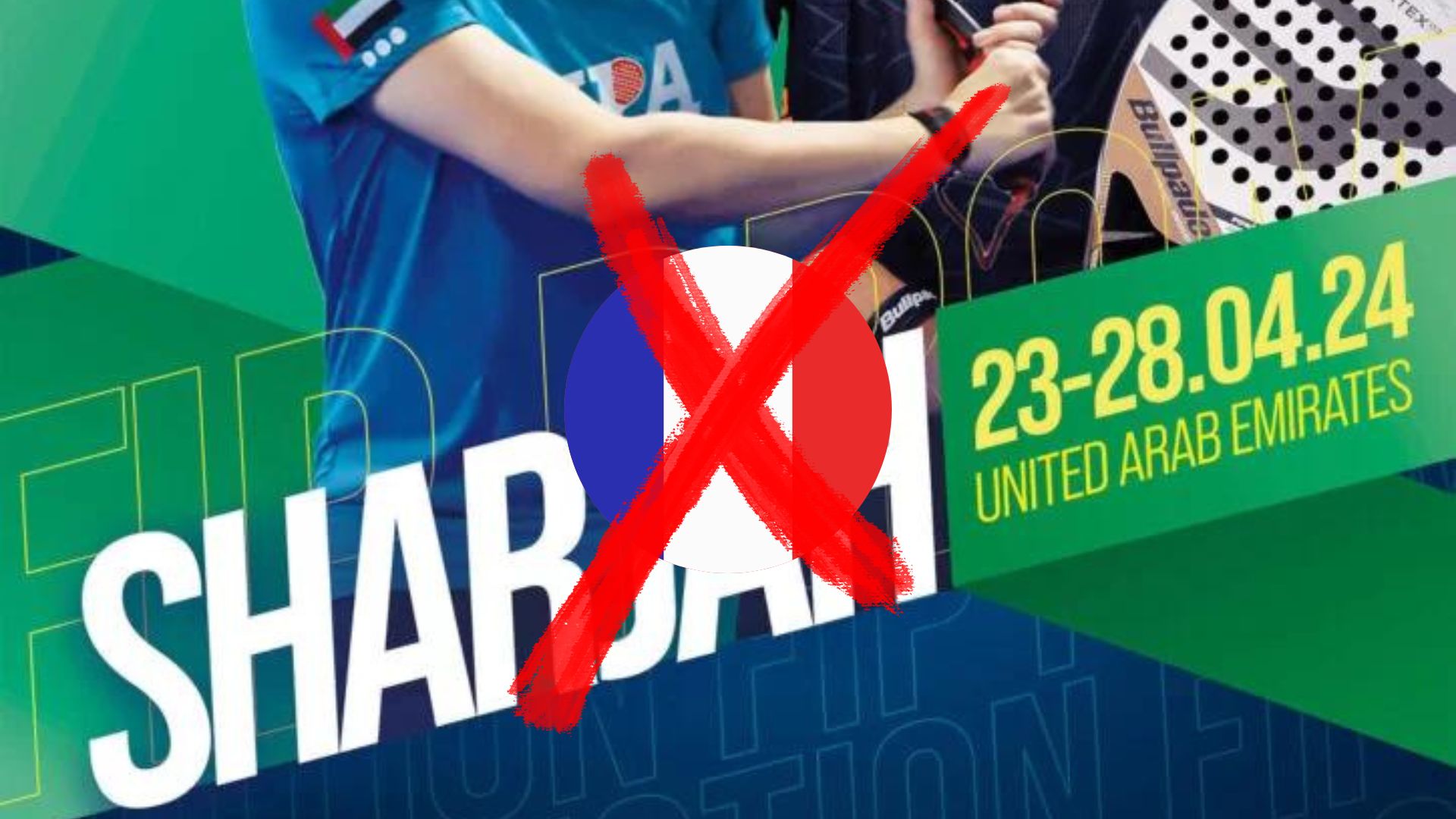 FIP Promotion Sharjah – More French people in the United Arab Emirates
FIP Promotion Sharjah – More French people in the United Arab Emirates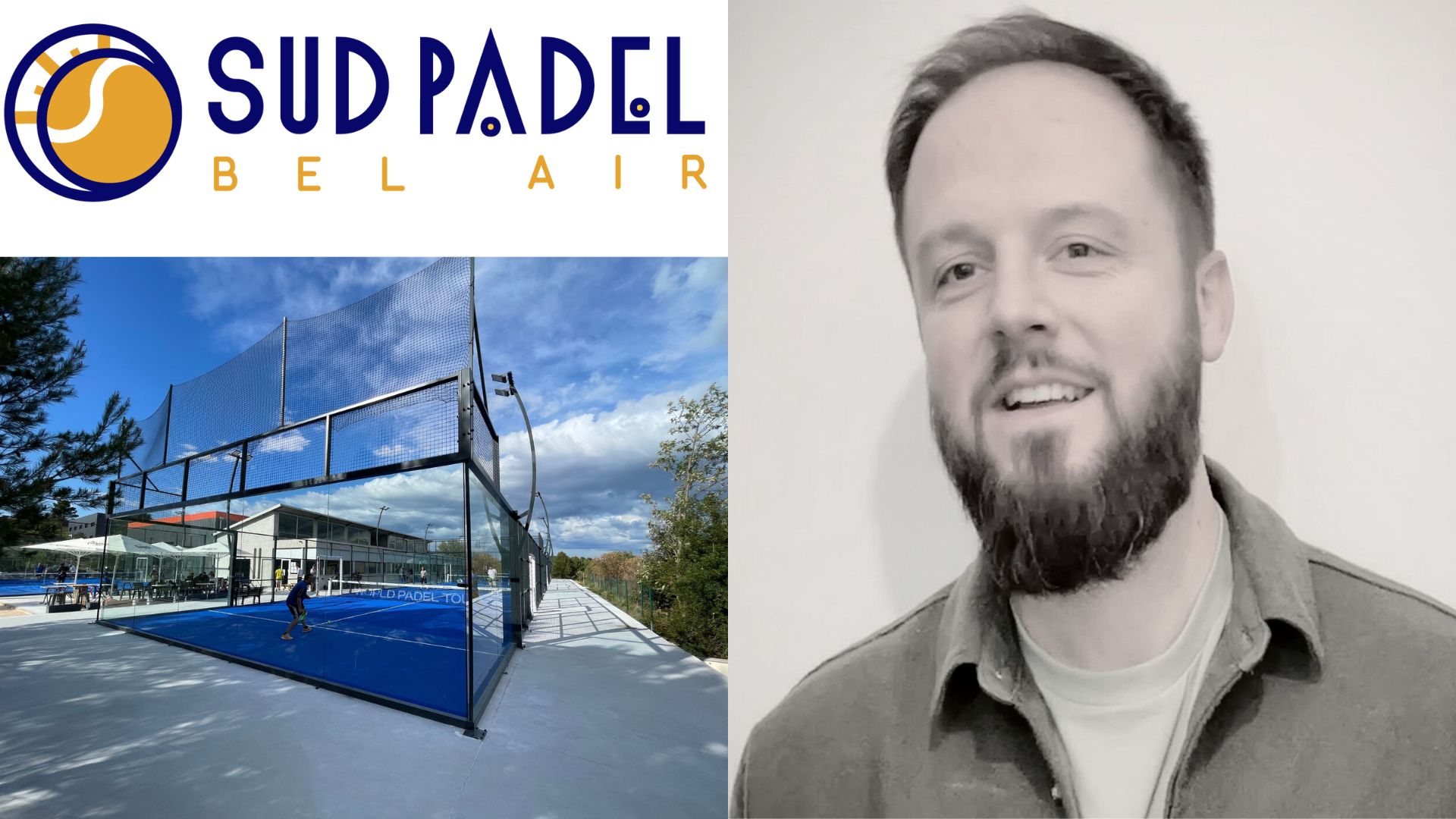 Guillaume Codron de Sud Padel : “A family project”
Guillaume Codron de Sud Padel : “A family project”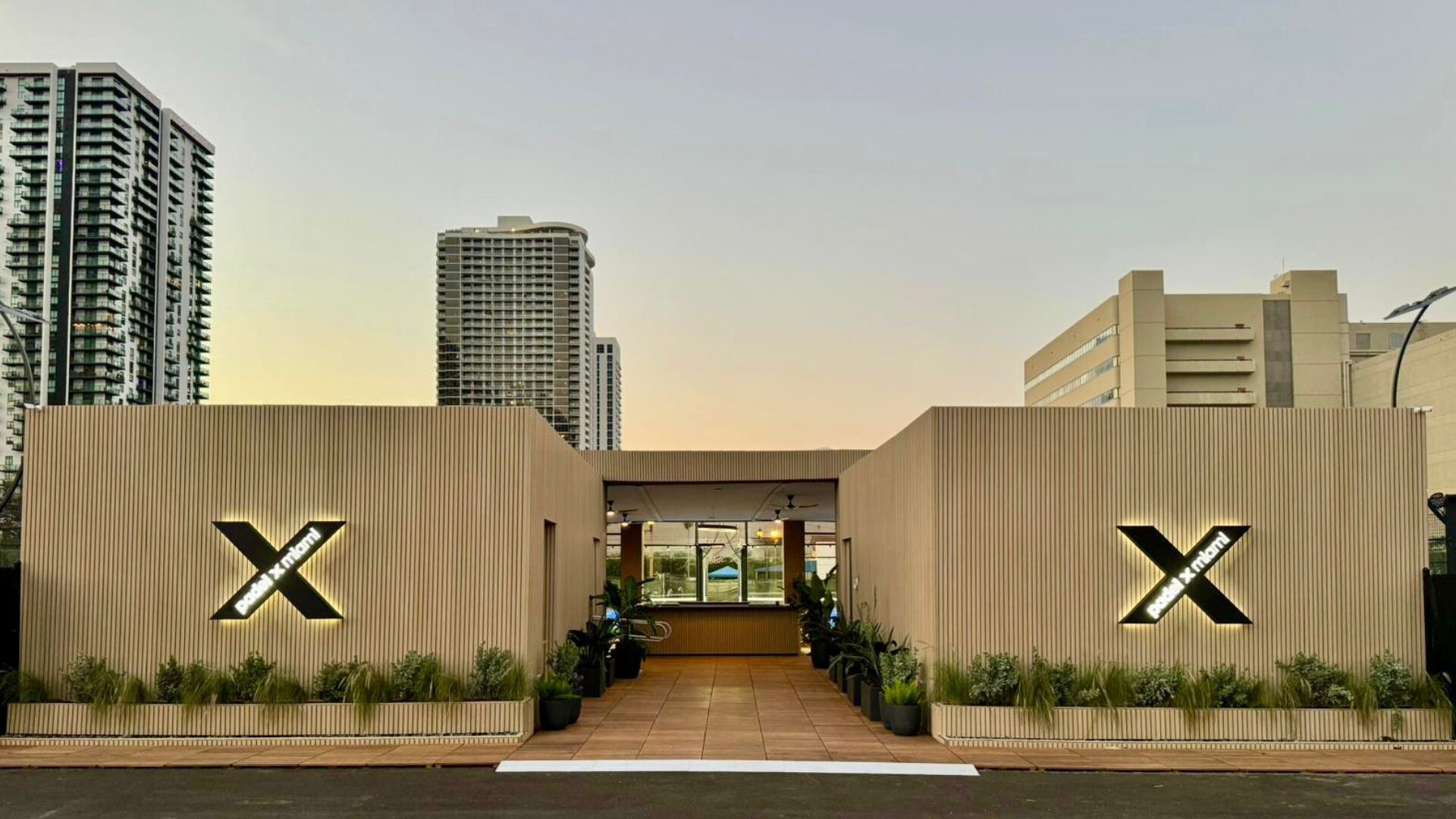 Nallé Grinda: “Democratize the padel in the USA with PadelX "
Nallé Grinda: “Democratize the padel in the USA with PadelX "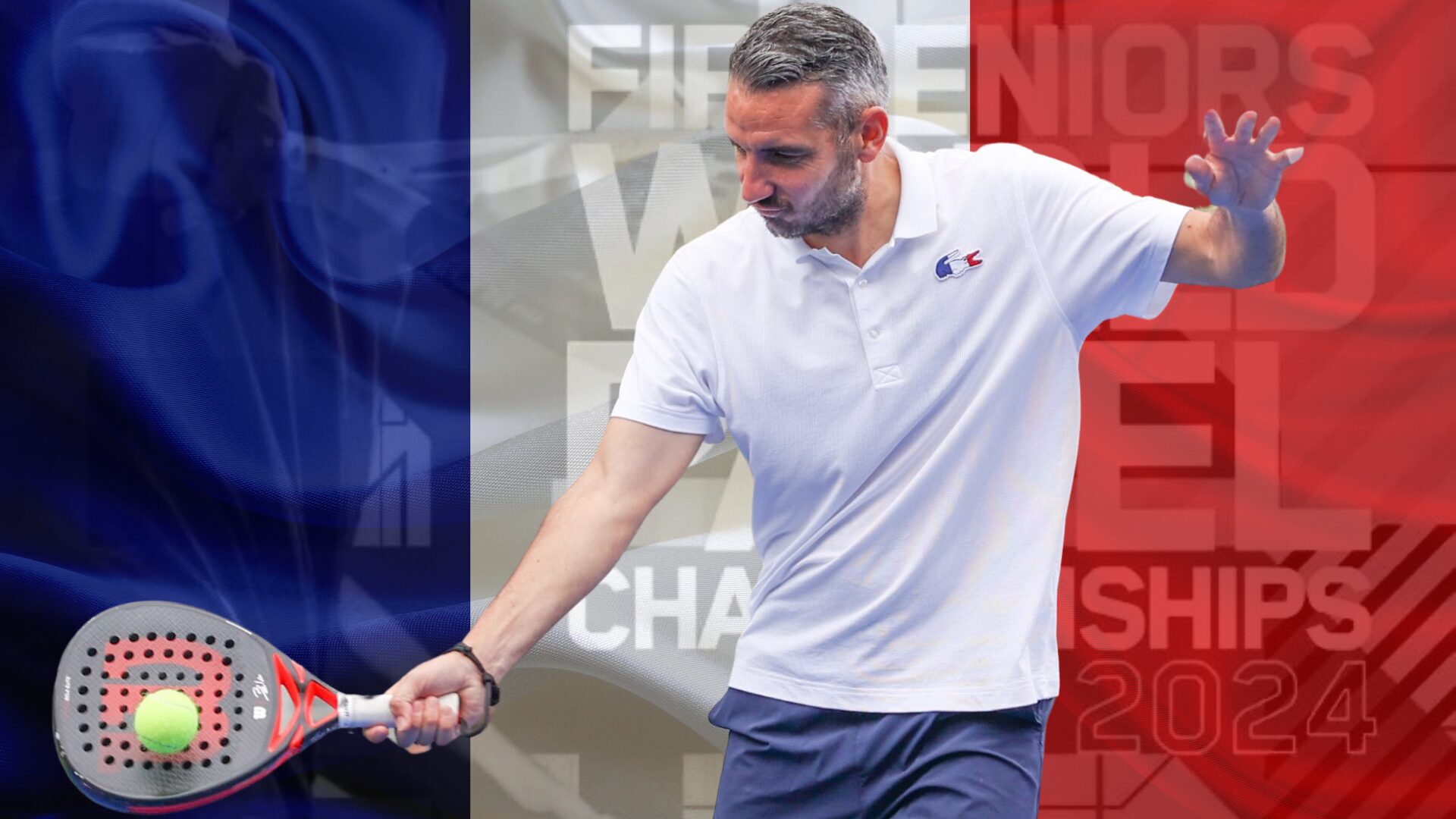 Simon Boissé: “We know that there are two nations in front of us”
Simon Boissé: “We know that there are two nations in front of us”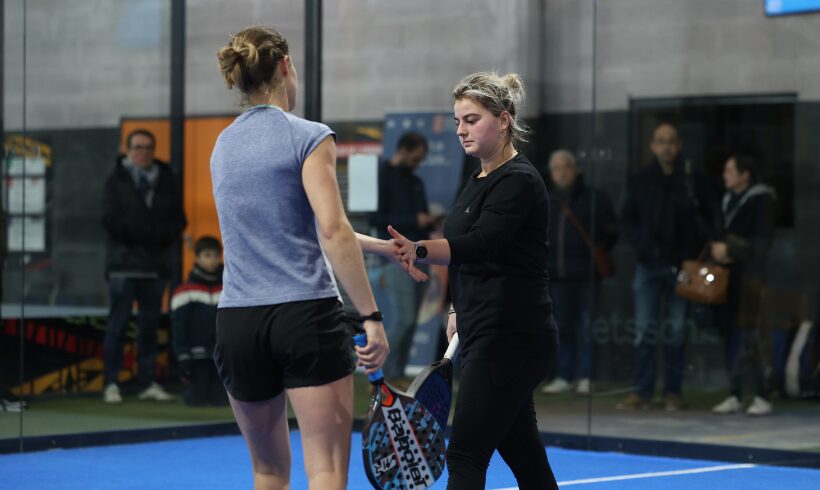 Marie Maligo: “This period of frequent changes of partners was beneficial for me”
Marie Maligo: “This period of frequent changes of partners was beneficial for me” The All Star Tour returns on May 16 at the All In in Lyon
The All Star Tour returns on May 16 at the All In in Lyon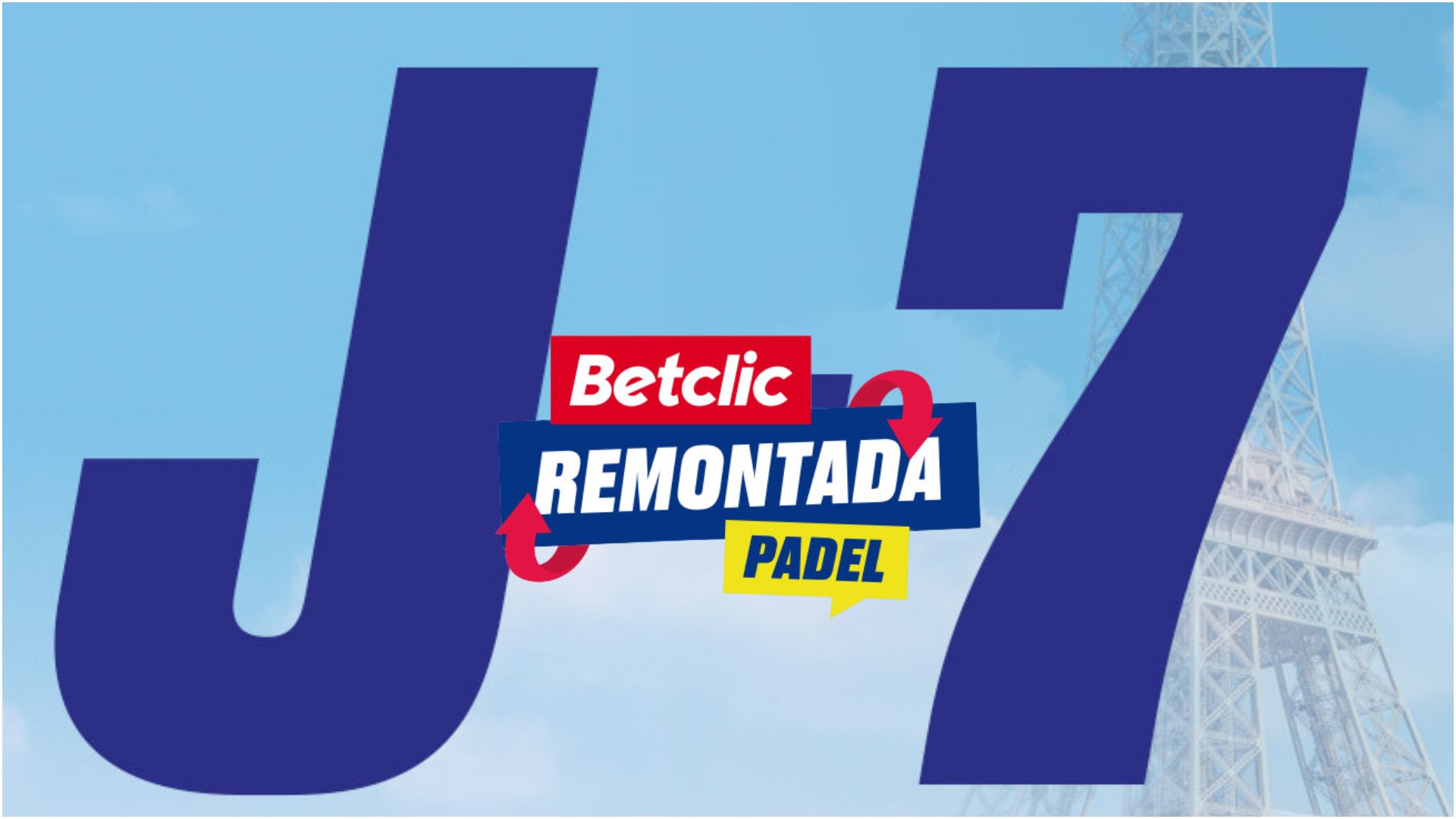 D-7 of the “BetClic Remontada Padel”, at the foot of the Eiffel Tower
D-7 of the “BetClic Remontada Padel”, at the foot of the Eiffel Tower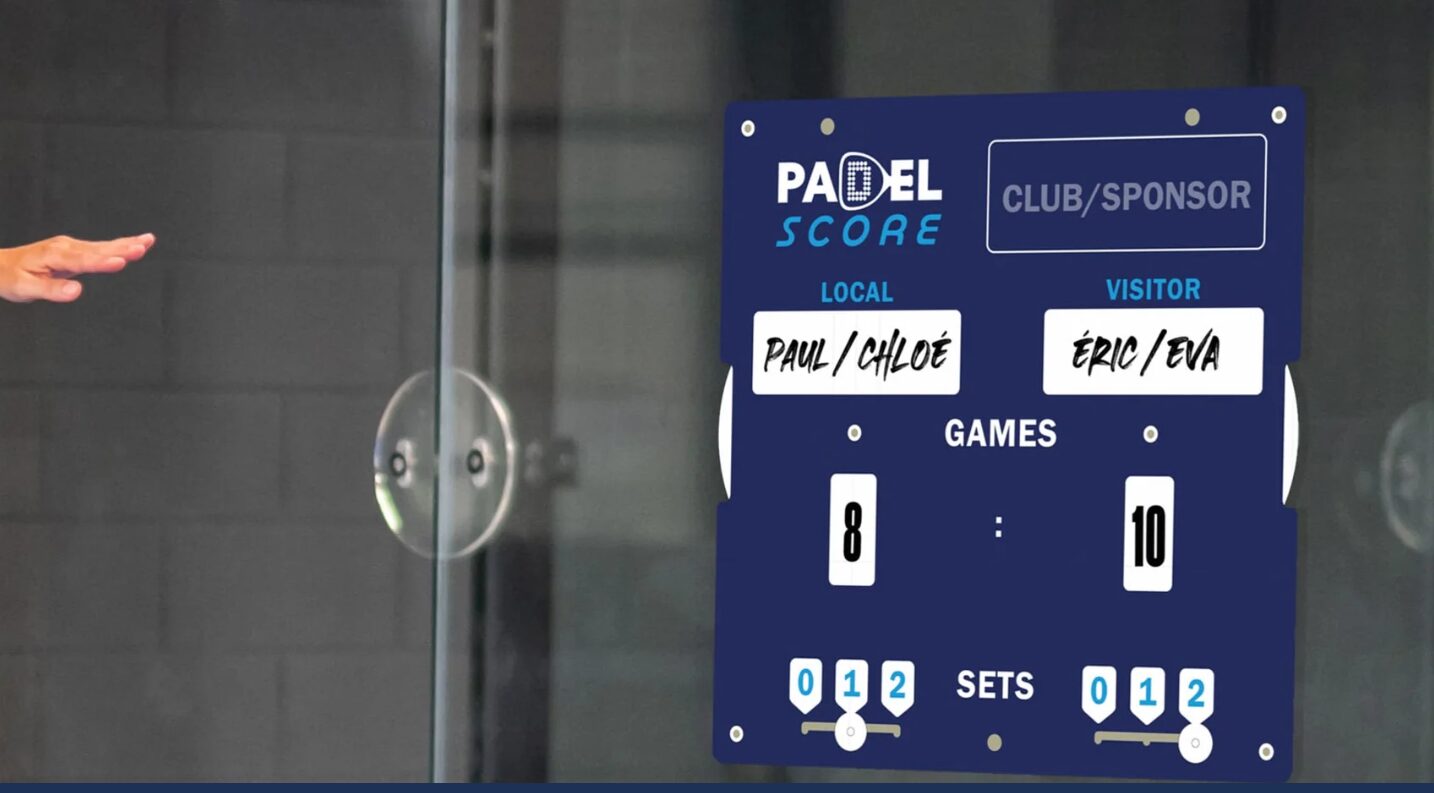 Padel Score: an essential table for keeping score
Padel Score: an essential table for keeping score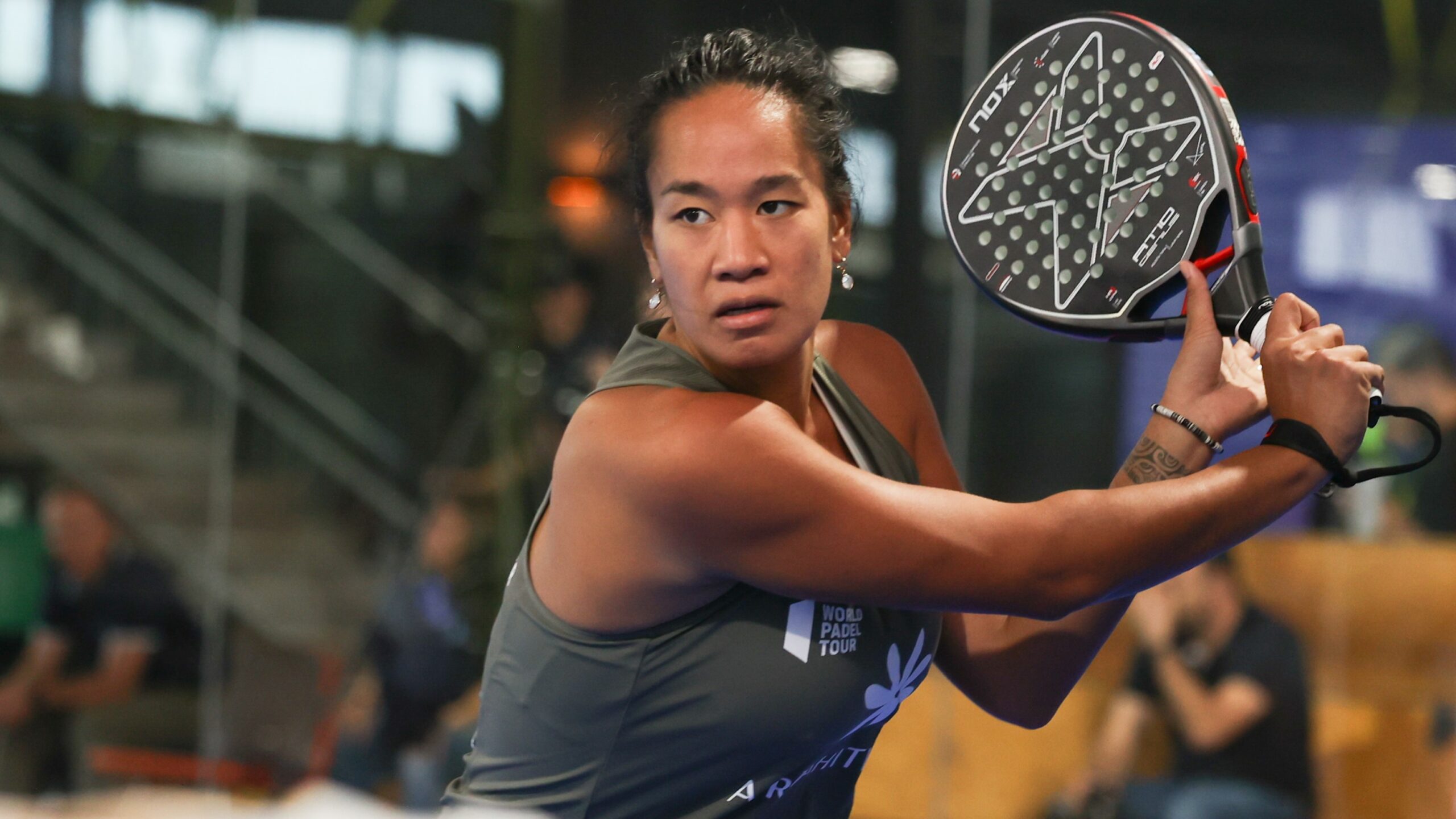 Léa Godallier makes her big return to the slopes this weekend
Léa Godallier makes her big return to the slopes this weekend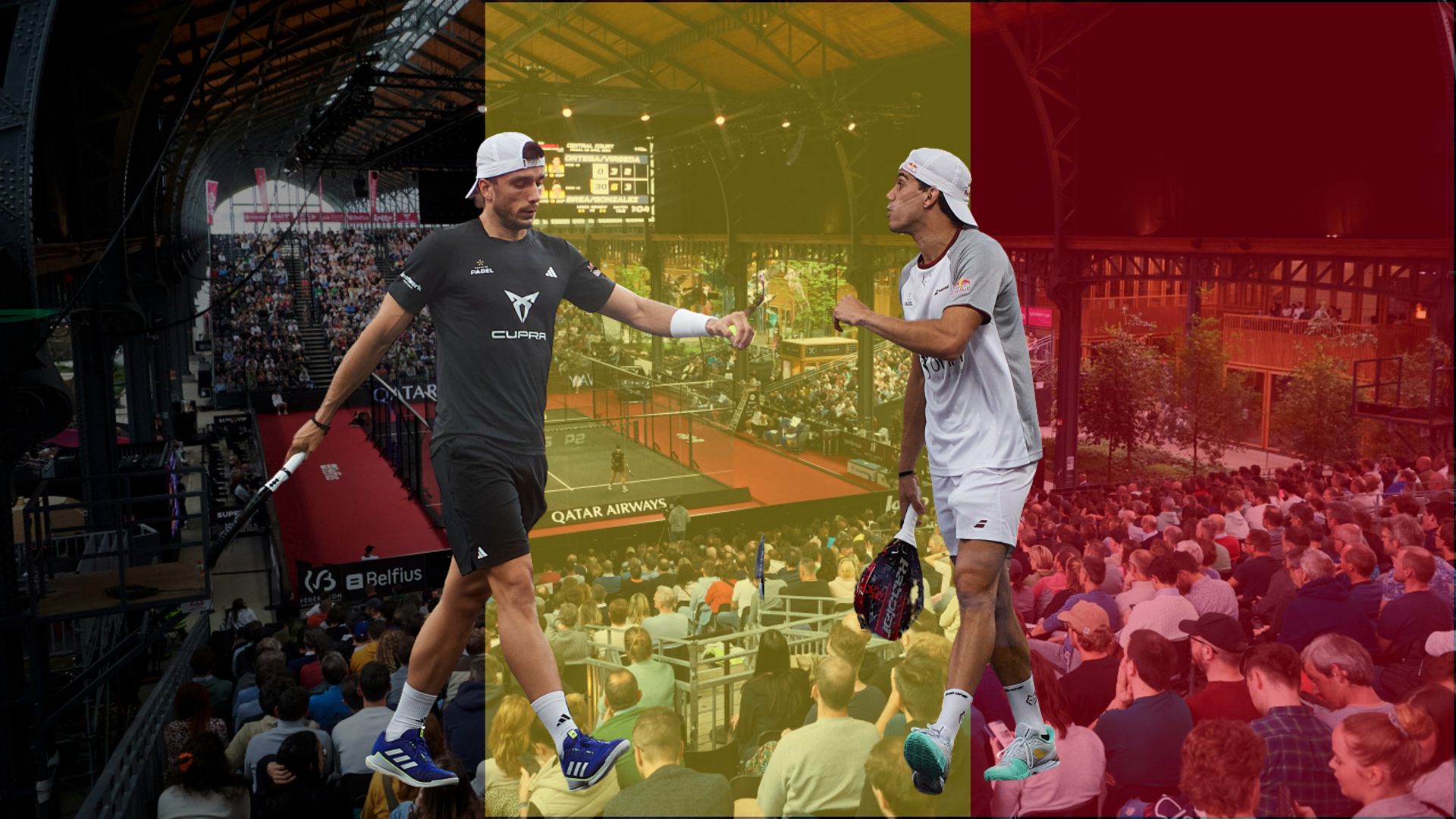 Premier Padel Brussels P2 – Juan Lebron and Ale Galan together in Belgium?
Premier Padel Brussels P2 – Juan Lebron and Ale Galan together in Belgium?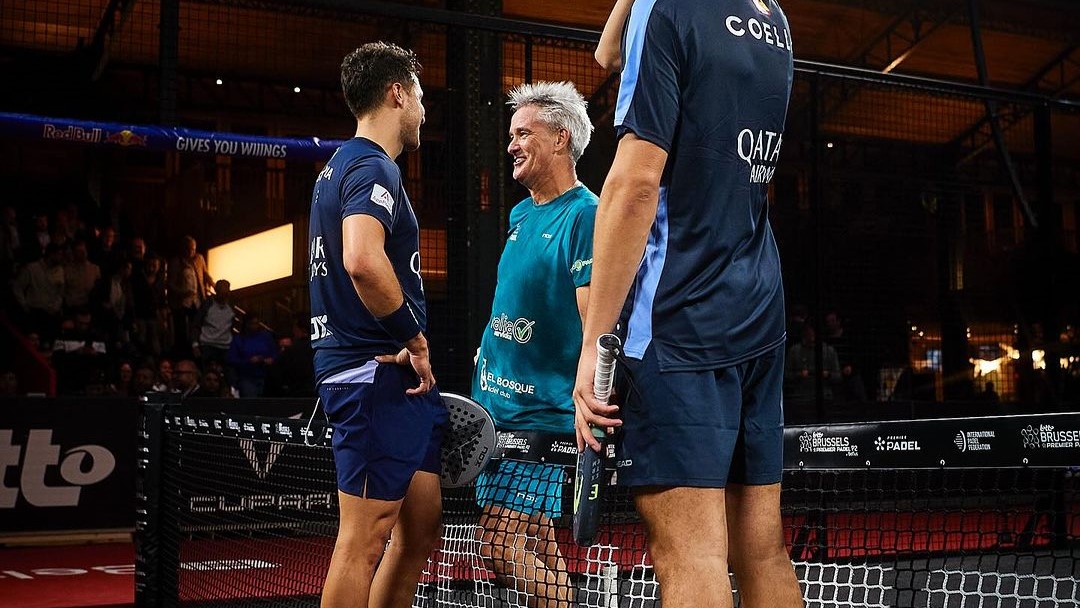 Agustin Tapia salutes the longevity of Miguel Lamperti
Agustin Tapia salutes the longevity of Miguel Lamperti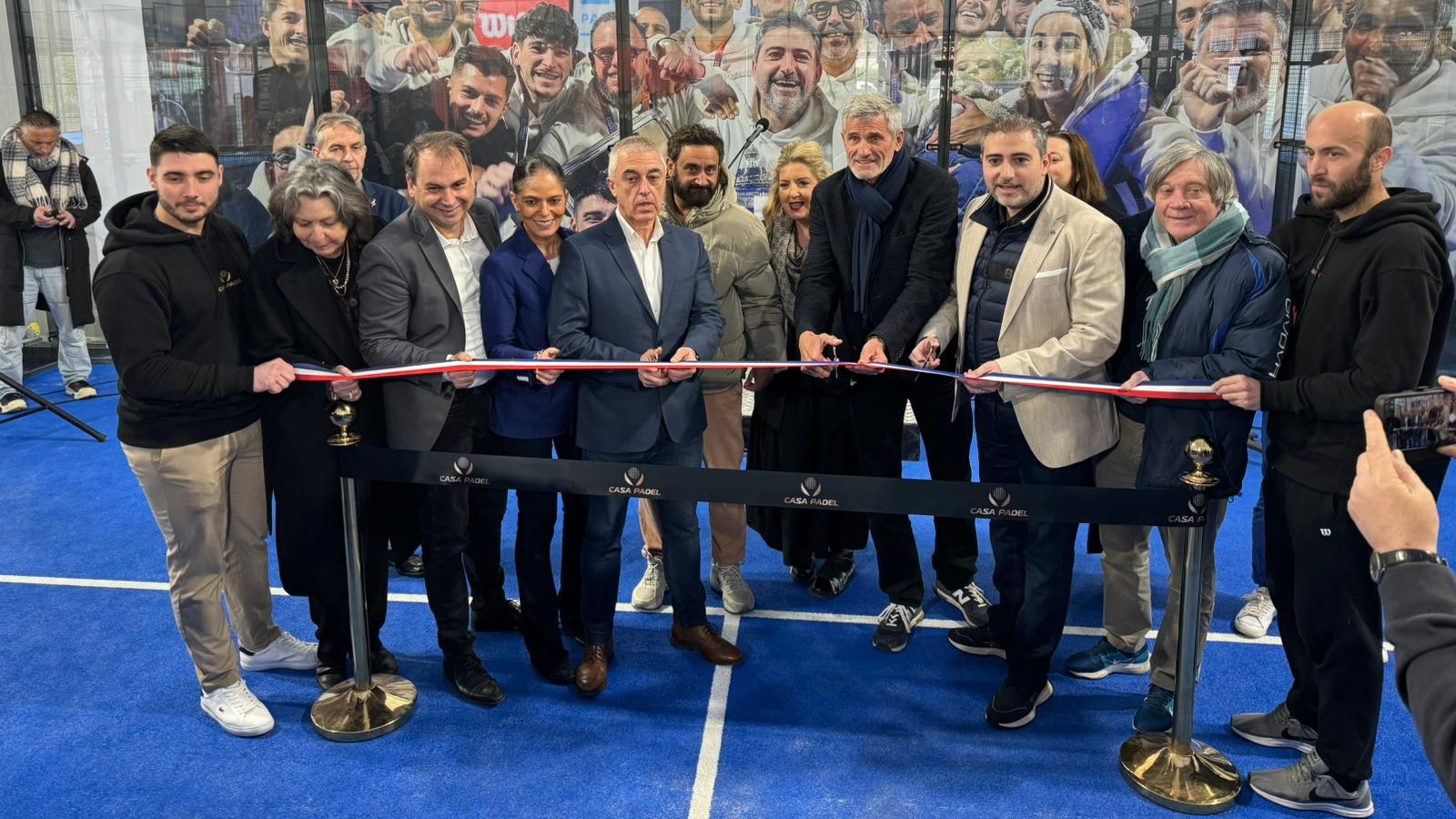 José Manuel Escin at the inauguration of Casa Padel DOS: “Finally, and thank you!”
José Manuel Escin at the inauguration of Casa Padel DOS: “Finally, and thank you!”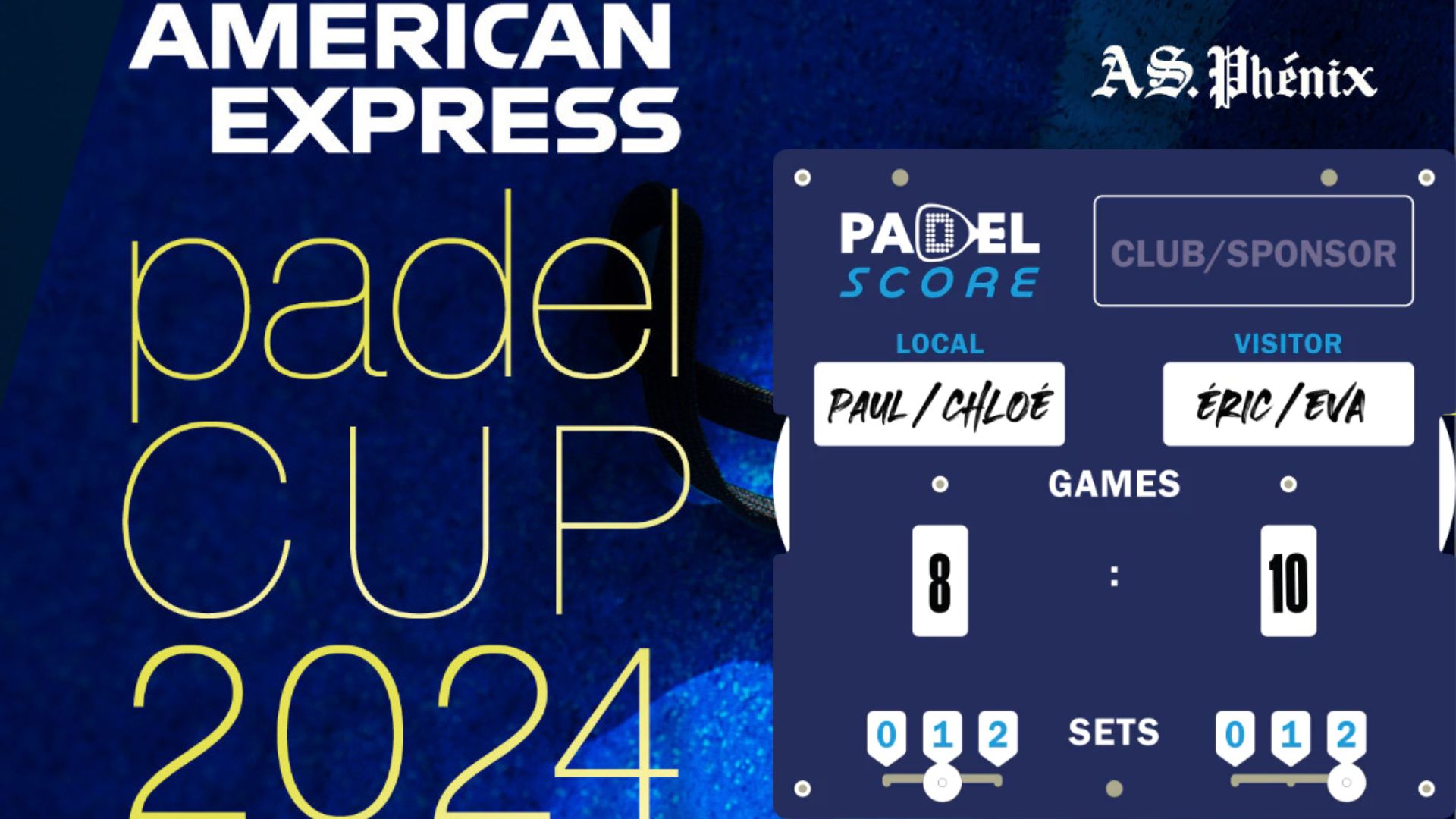 Padel Score comes to Tahiti for American Express Padel Cup!
Padel Score comes to Tahiti for American Express Padel Cup!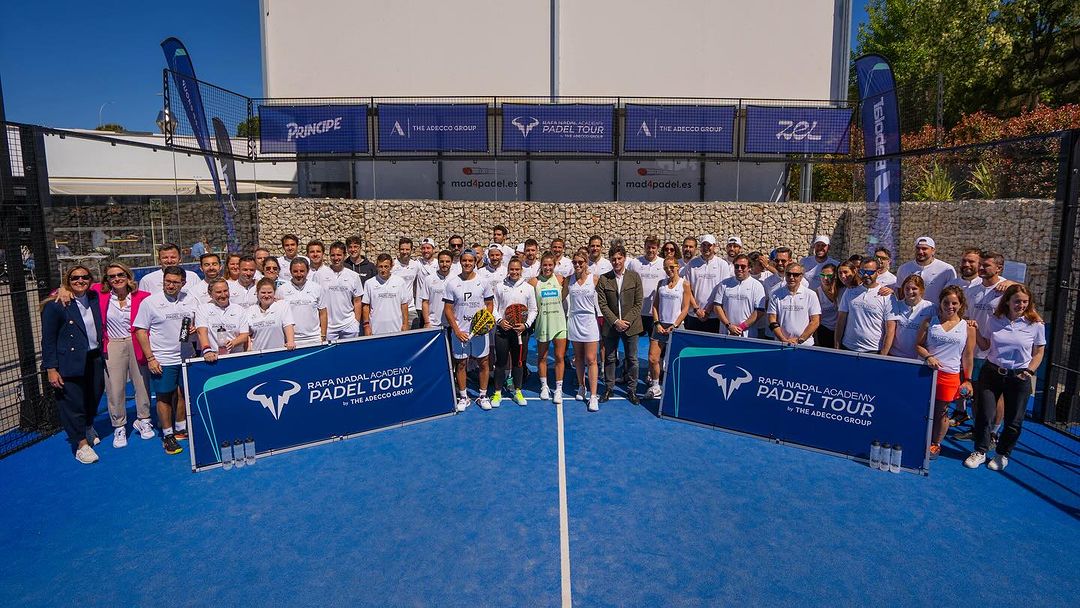 Do you know the Rafa Nadal Academy Tour?
Do you know the Rafa Nadal Academy Tour?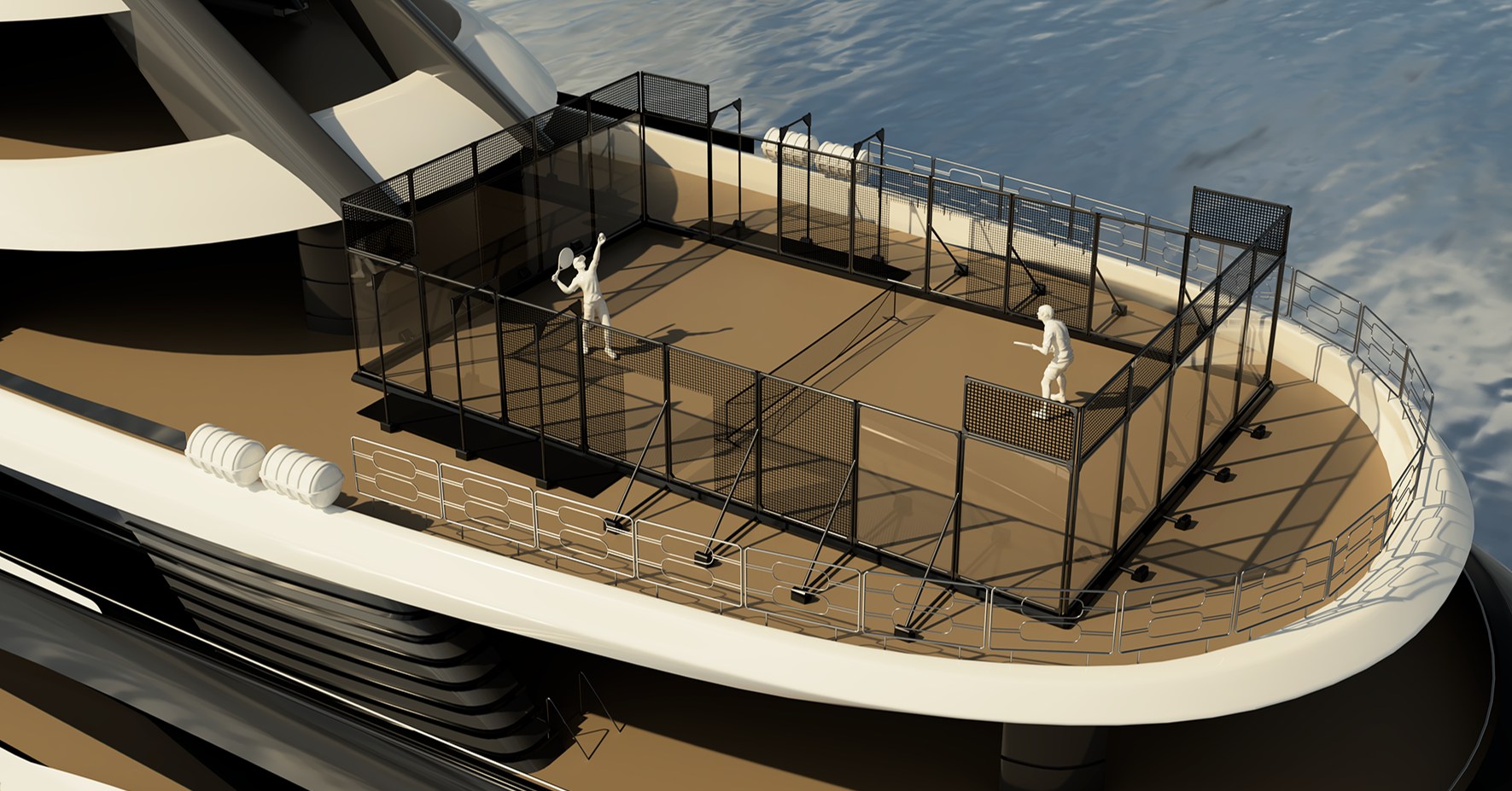 Play at padel on his yacht? Possible for €233.000!
Play at padel on his yacht? Possible for €233.000!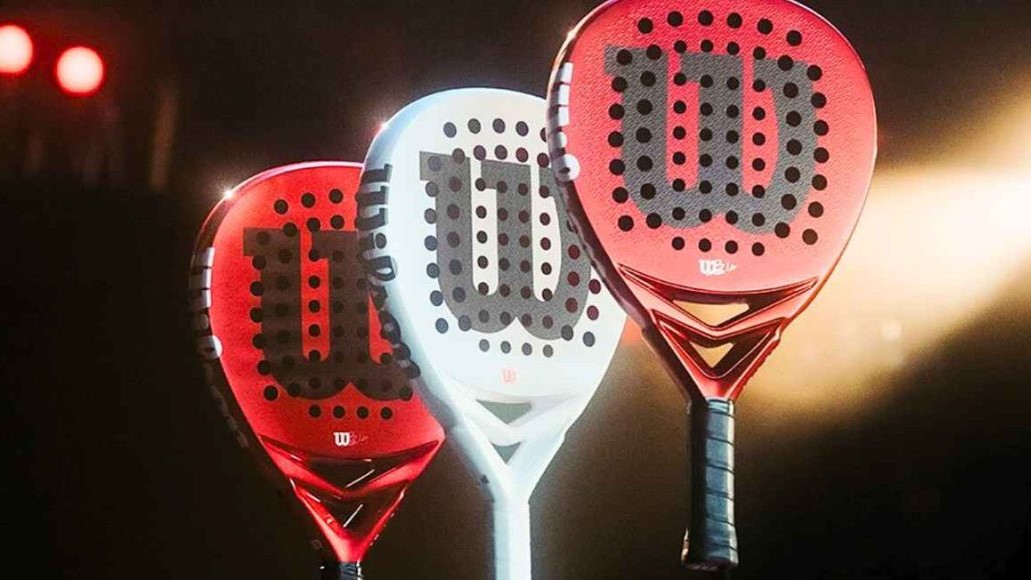 Presentation of the Wilson Bela V2.5 collection
Presentation of the Wilson Bela V2.5 collection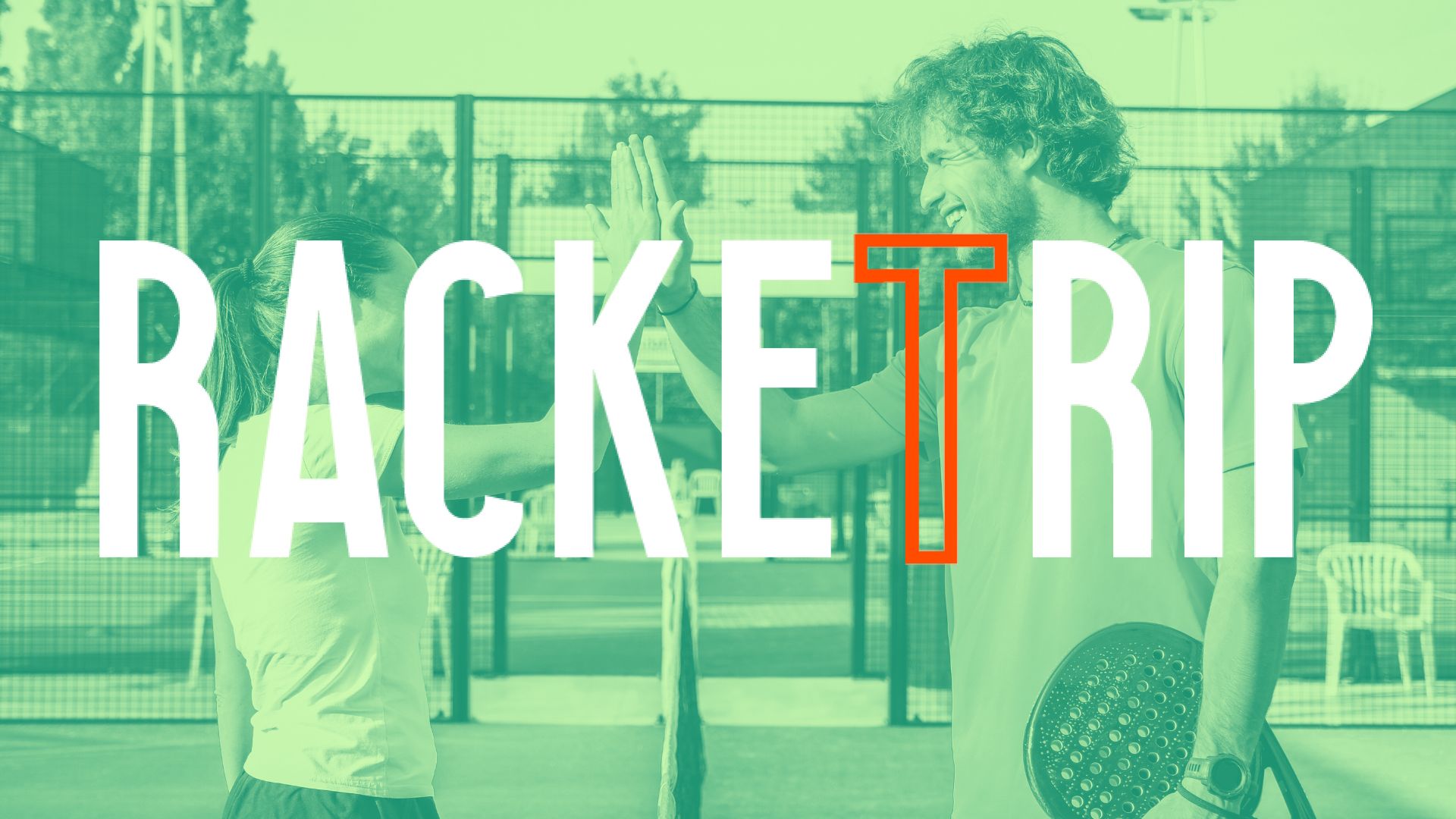 The LinkedIn of racquet sports: Racket Trip
The LinkedIn of racquet sports: Racket Trip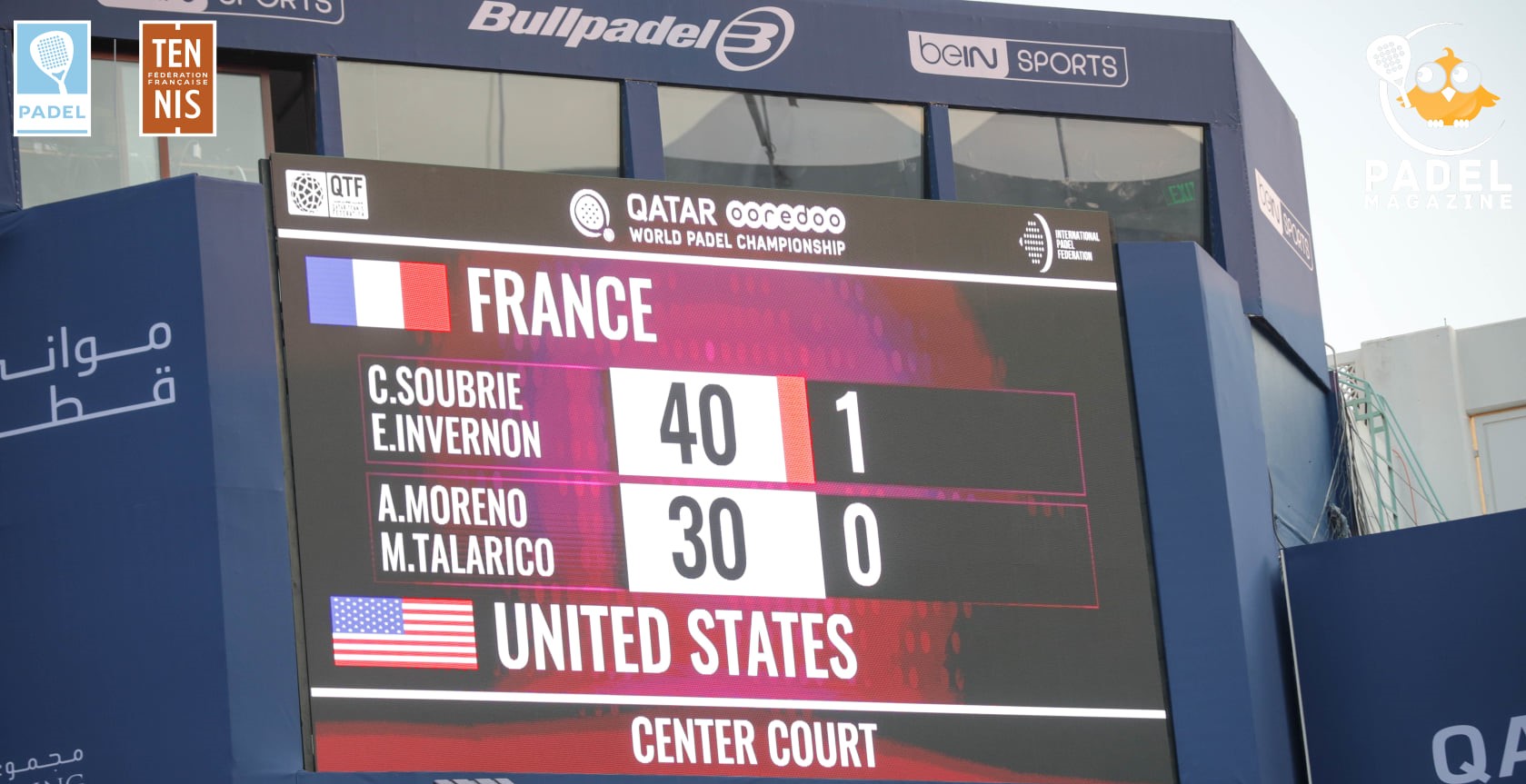 The score at padel : manual
The score at padel : manual Our Top 10 training courses padel in France and Europe
Our Top 10 training courses padel in France and Europe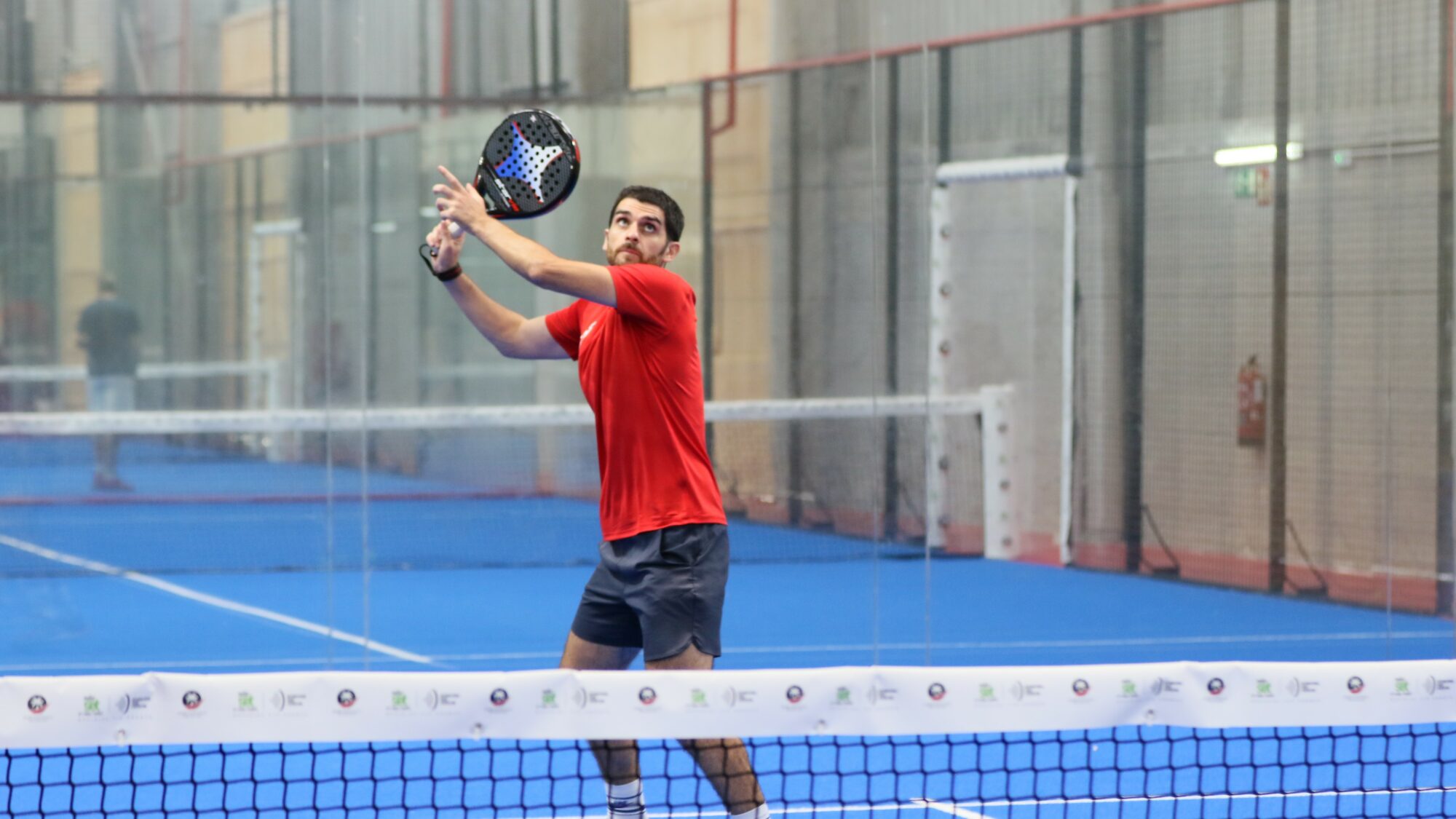 At the heart of padel – Episode 25: Paul and Andoni answer your questions
At the heart of padel – Episode 25: Paul and Andoni answer your questions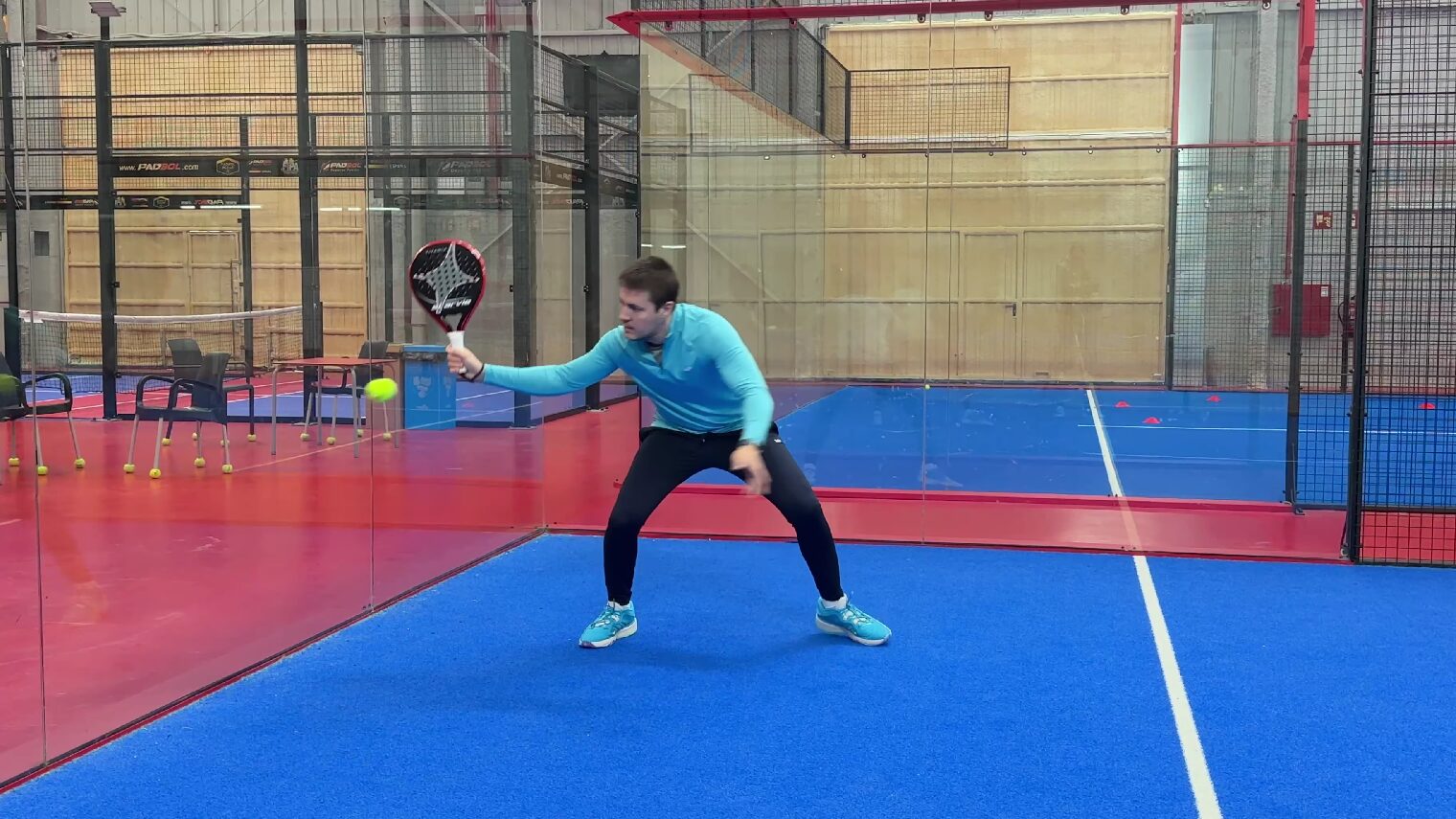 At the heart of padel – Episode 23: defend the window well
At the heart of padel – Episode 23: defend the window well Prohibition on playing topless Padel : the reasons
Prohibition on playing topless Padel : the reasons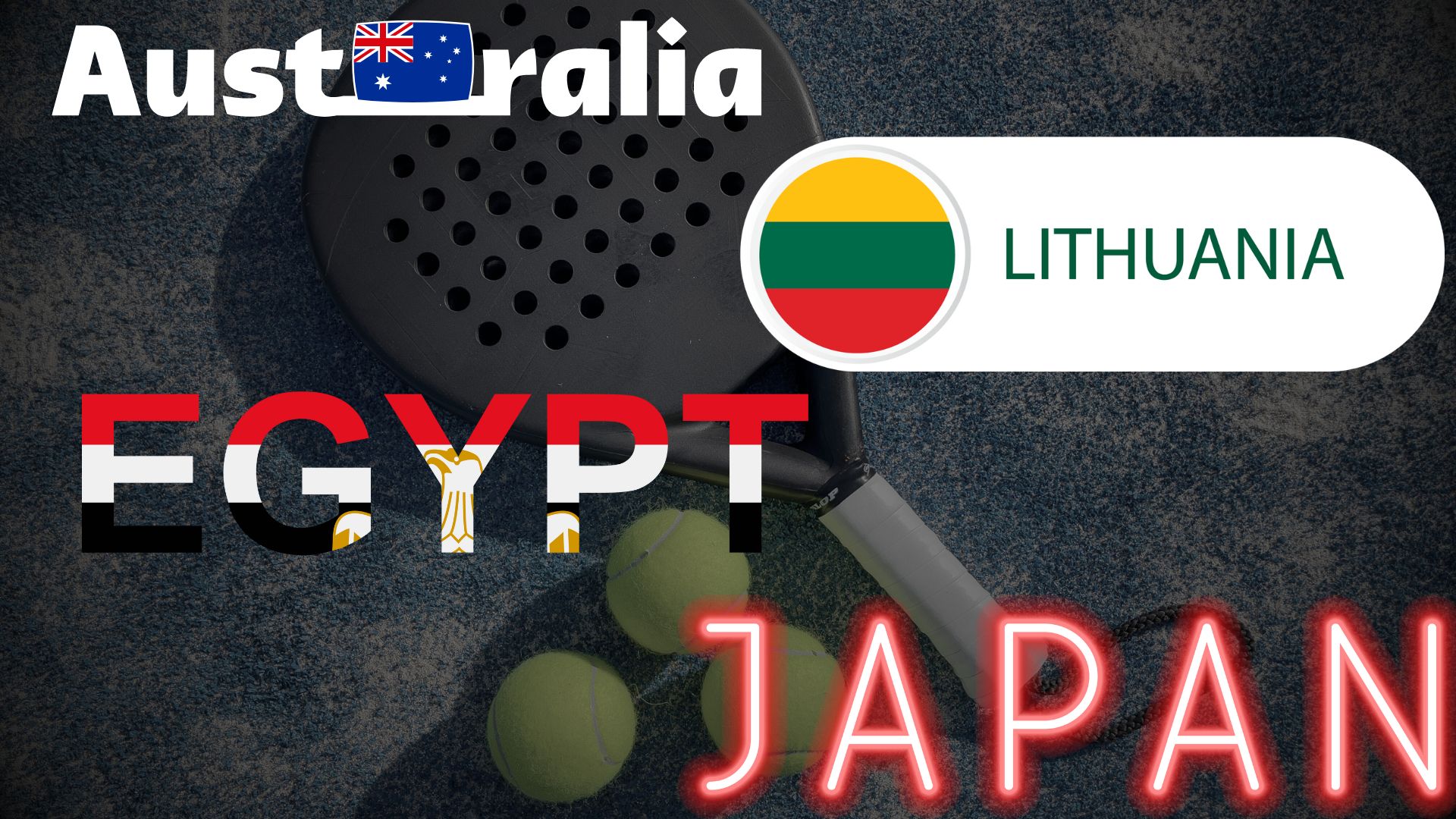 FIP Tour – Going far from Europe, THE strategy to earn points!
FIP Tour – Going far from Europe, THE strategy to earn points!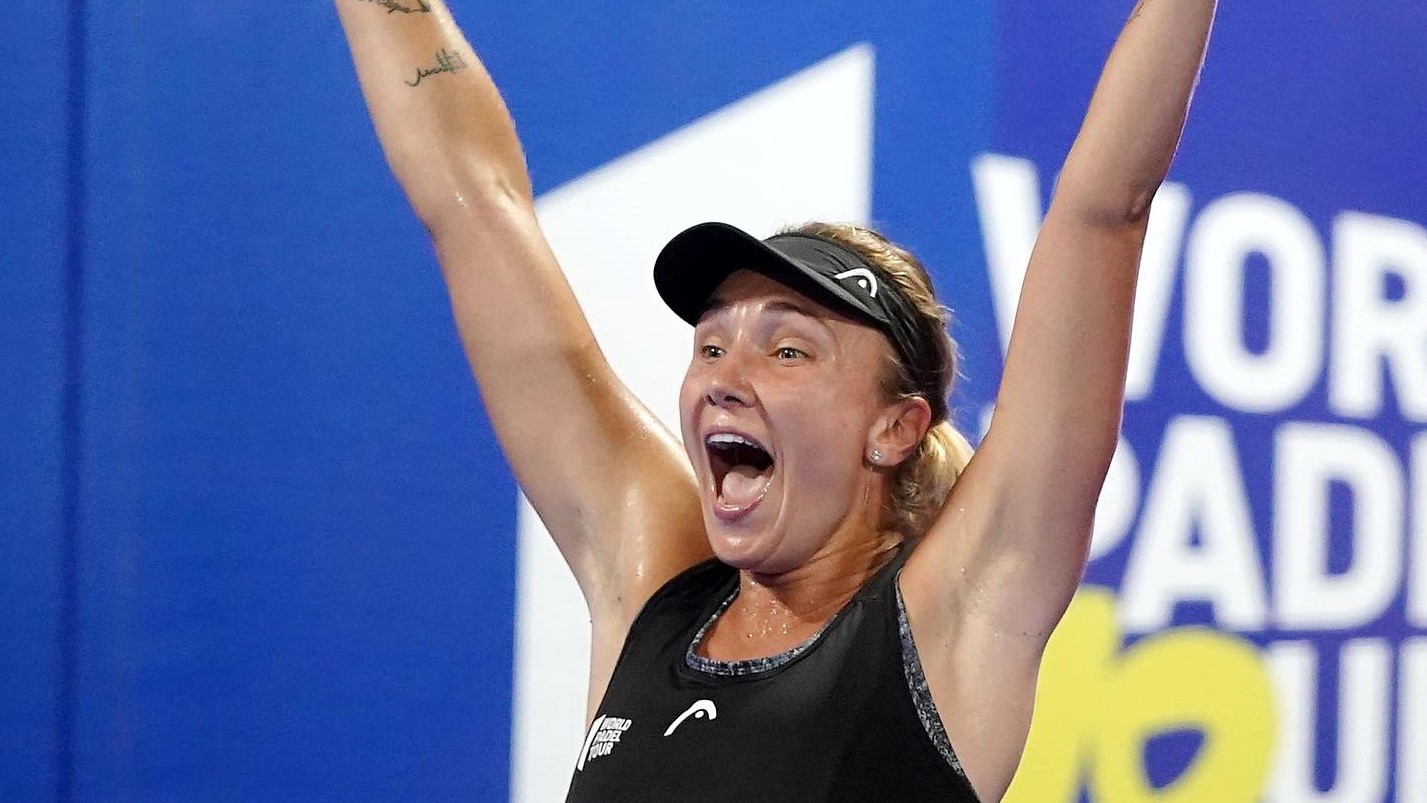 What is a good football player? padel ?
What is a good football player? padel ?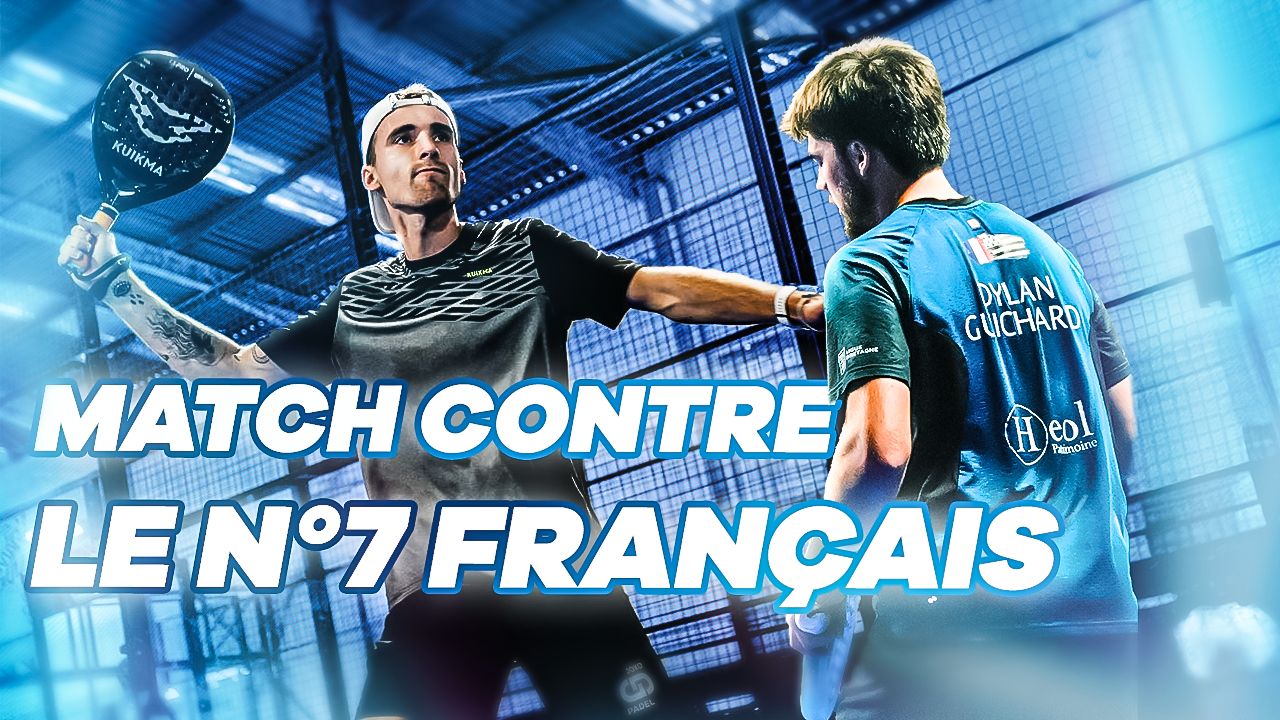 “Lefties give me headaches when I play against them!”
“Lefties give me headaches when I play against them!”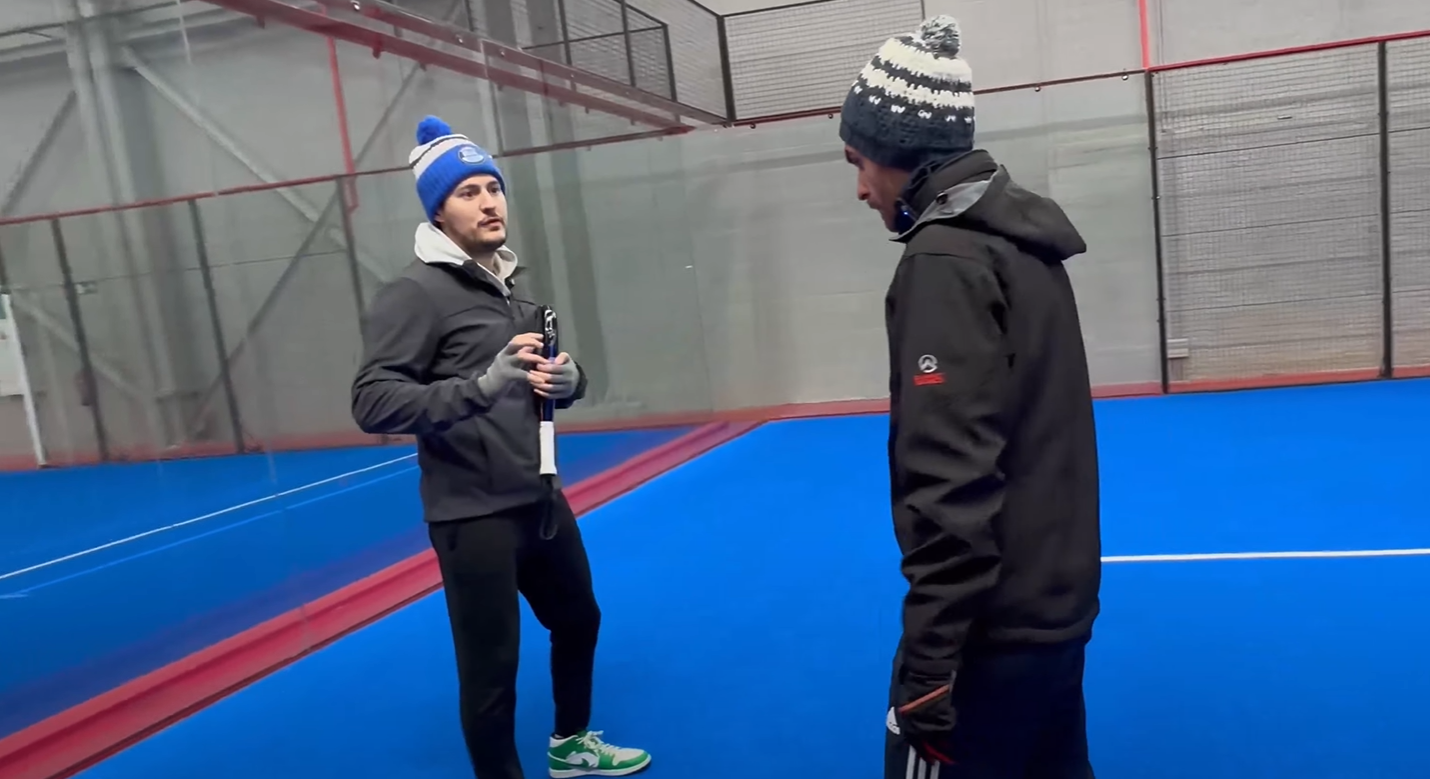 At the heart of padel – Episode 14: how to earn points in winter?
At the heart of padel – Episode 14: how to earn points in winter?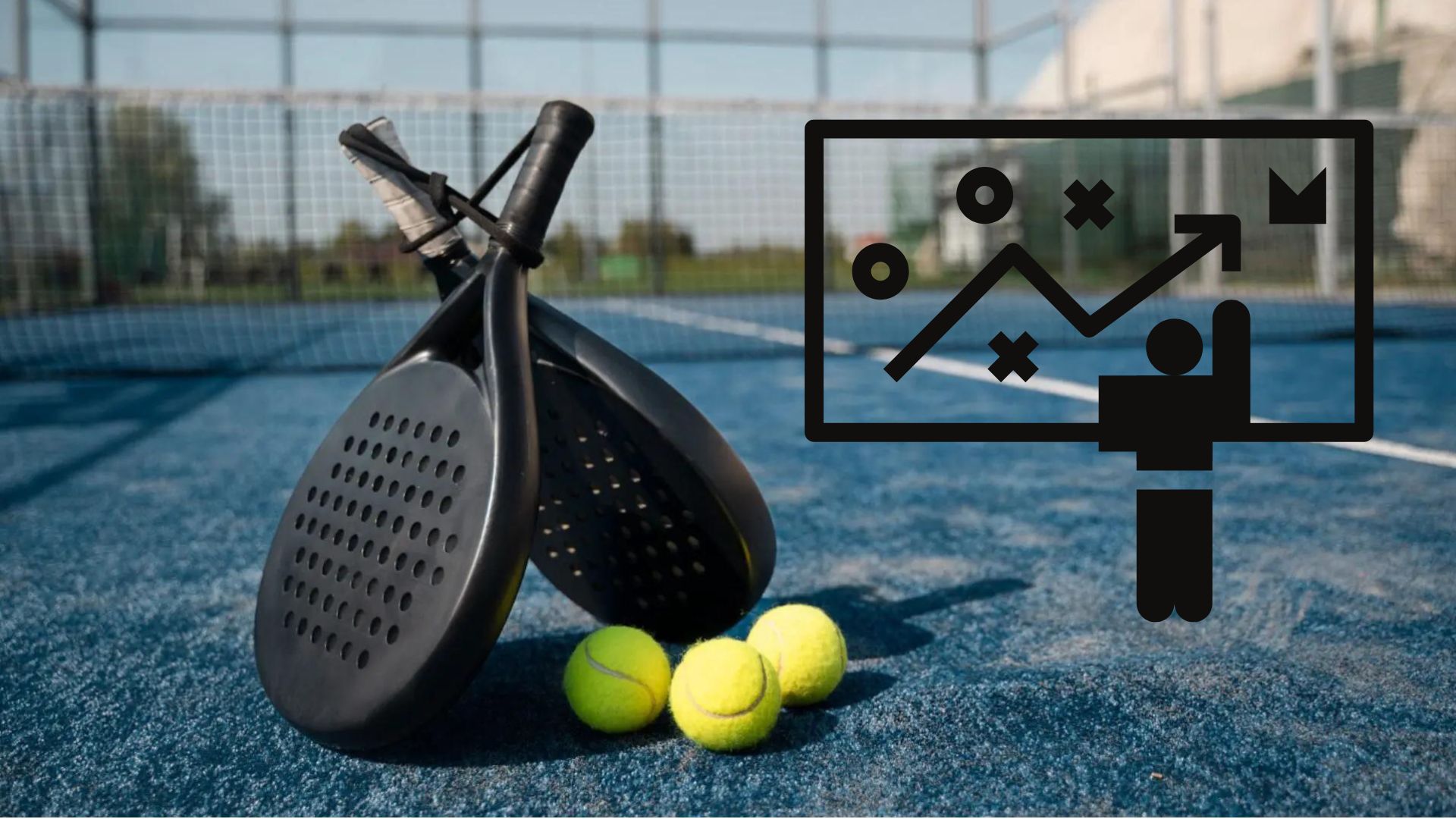 The basic tactics of padel
The basic tactics of padel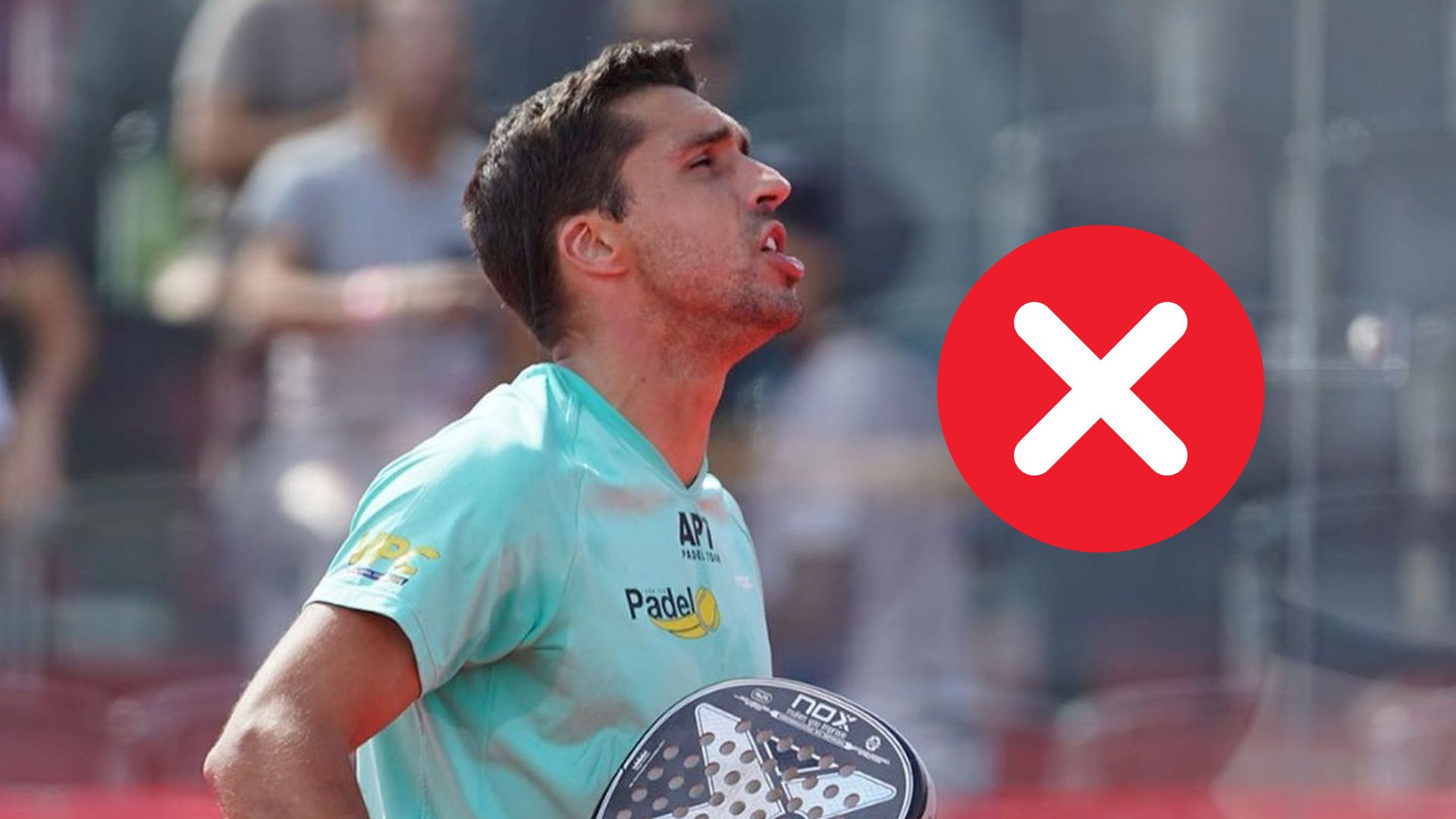 A par 4 is always a winner...even if you manage to defend it!
A par 4 is always a winner...even if you manage to defend it!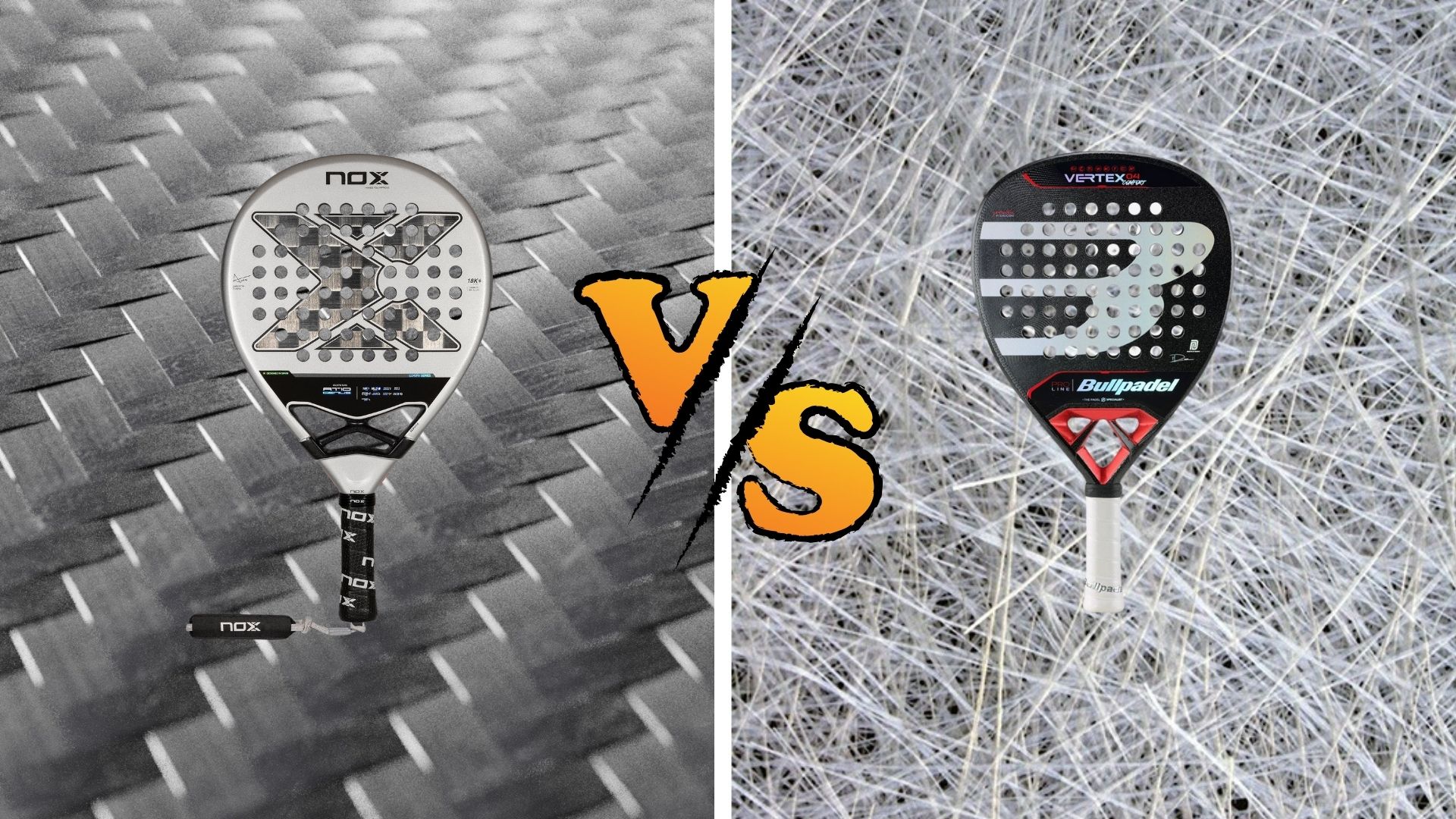 Carbon fiber VS fiberglass: what to choose?
Carbon fiber VS fiberglass: what to choose?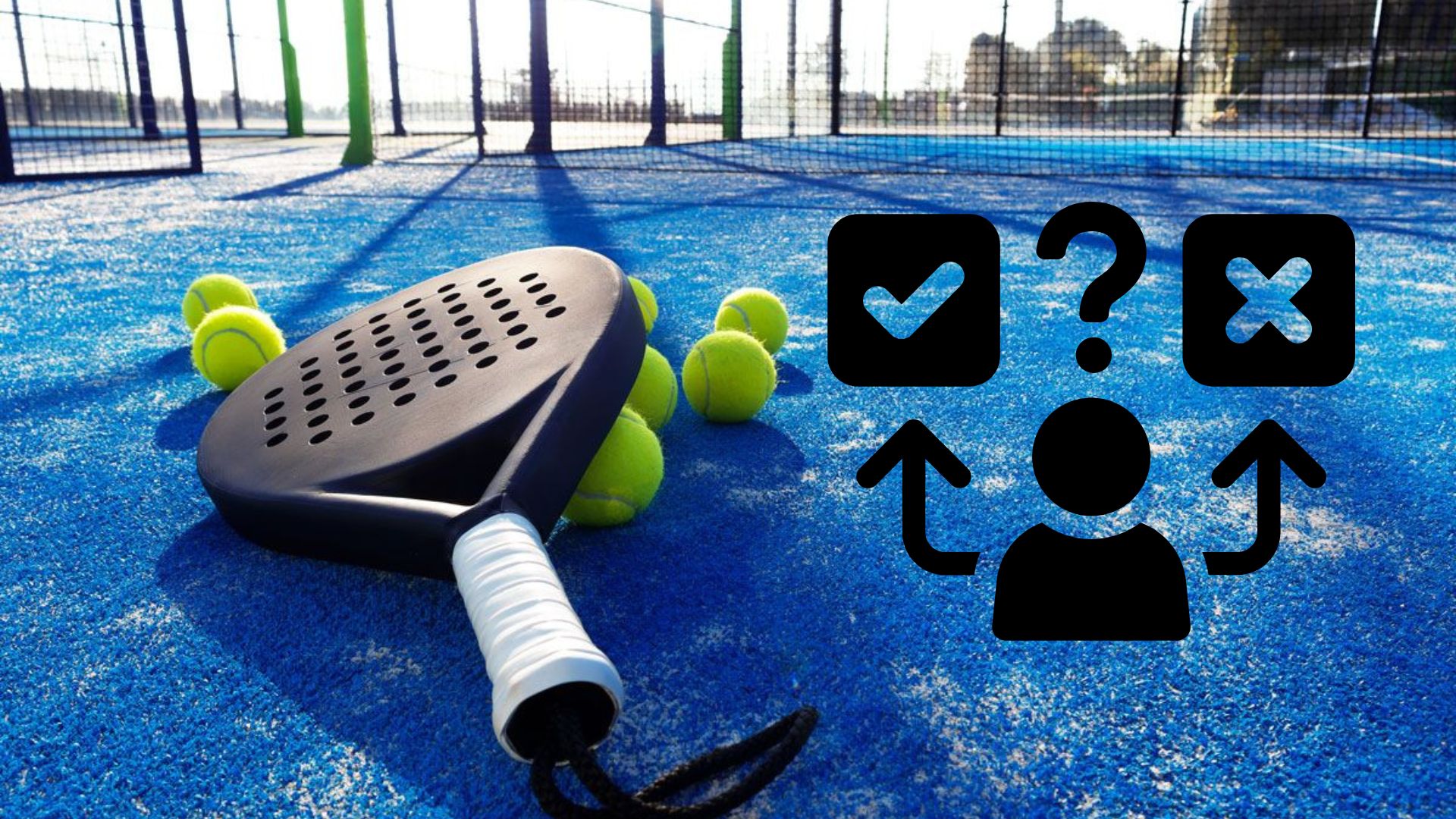 How to effectively test a racket padel ?
How to effectively test a racket padel ?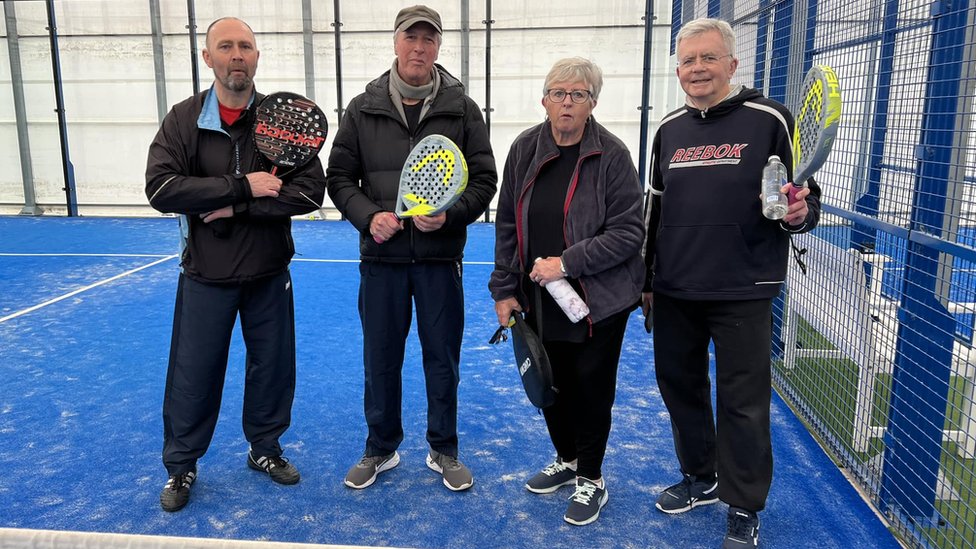 La padel to fight Parkinson's disease
La padel to fight Parkinson's disease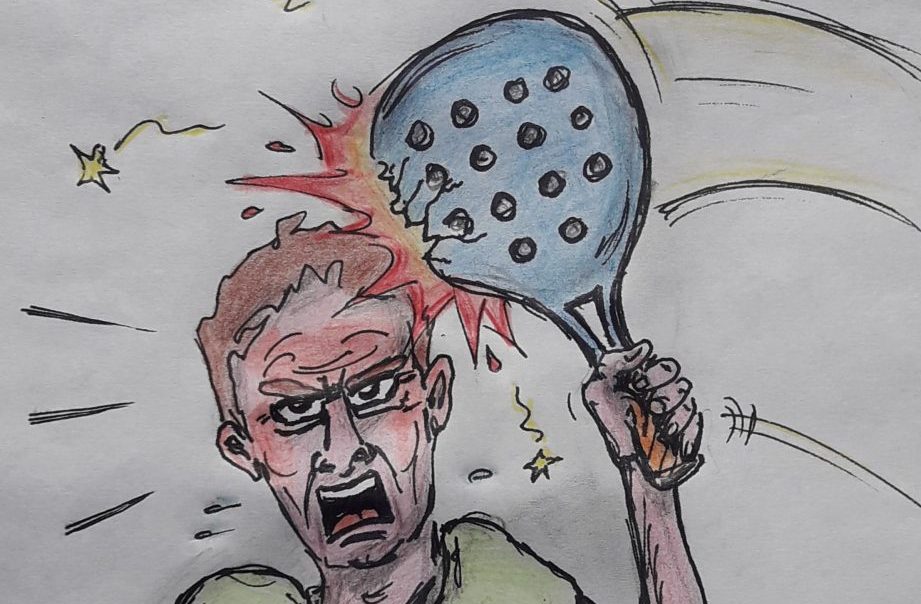 Don't play with a cracked or broken racket, your body will thank you!
Don't play with a cracked or broken racket, your body will thank you! Michel Cymes: “The padel, physically, it’s serious!”
Michel Cymes: “The padel, physically, it’s serious!”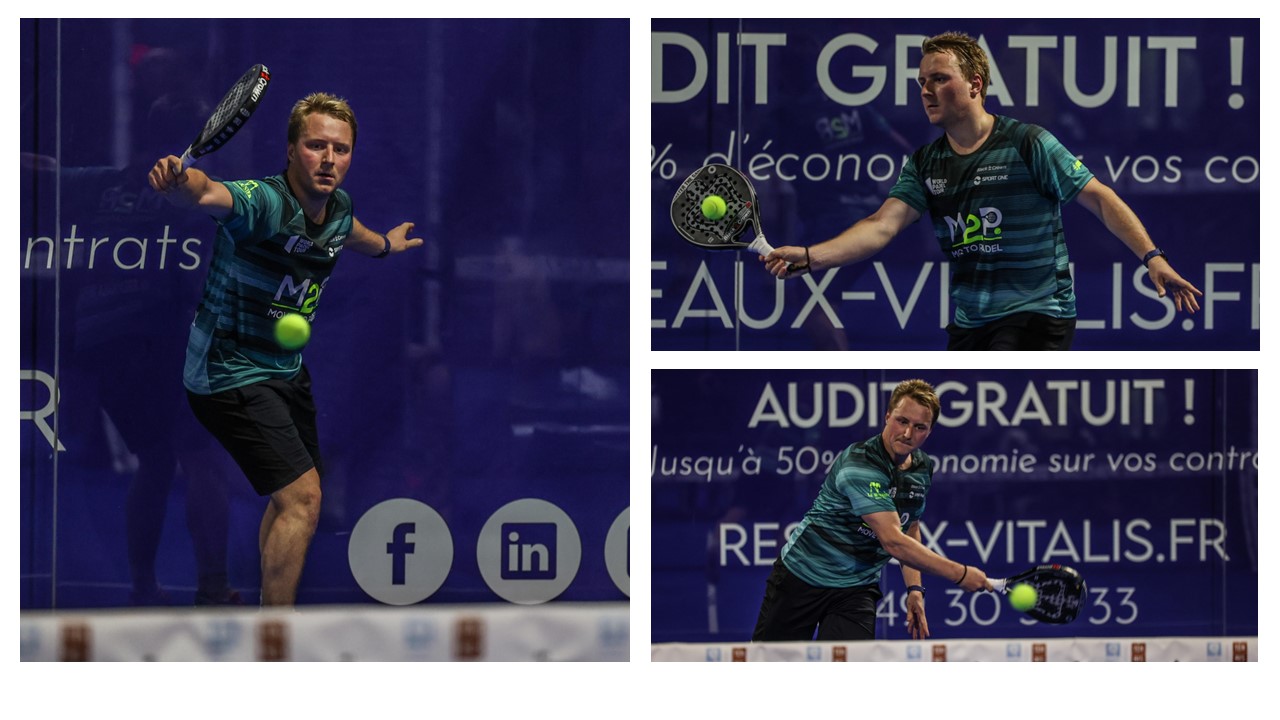 Jeremy Gala: “Promote the padel among young people in Belgium remains a challenge”
Jeremy Gala: “Promote the padel among young people in Belgium remains a challenge”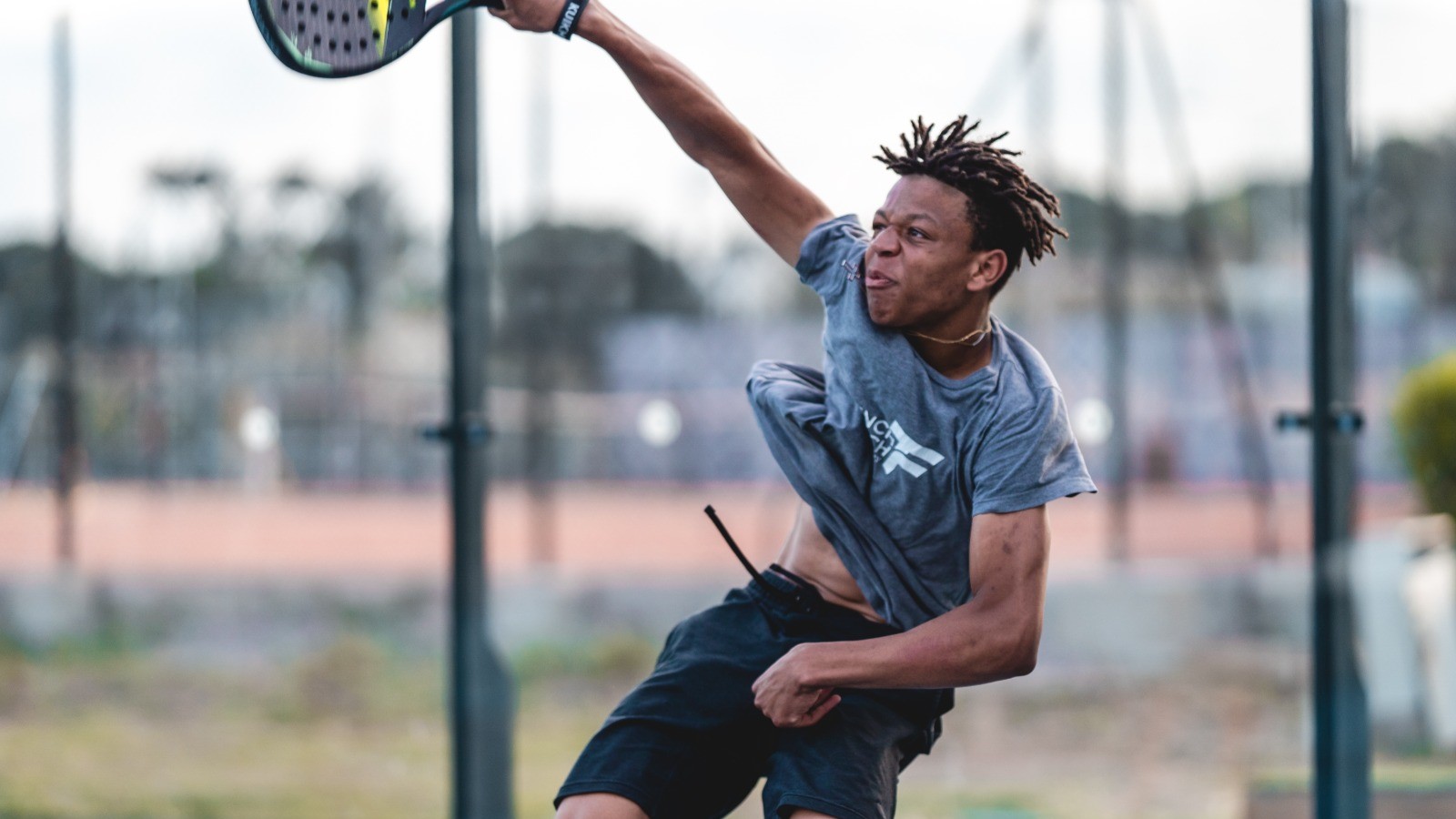 The French Touch Academy organizes its selection day Padel-Study
The French Touch Academy organizes its selection day Padel-Study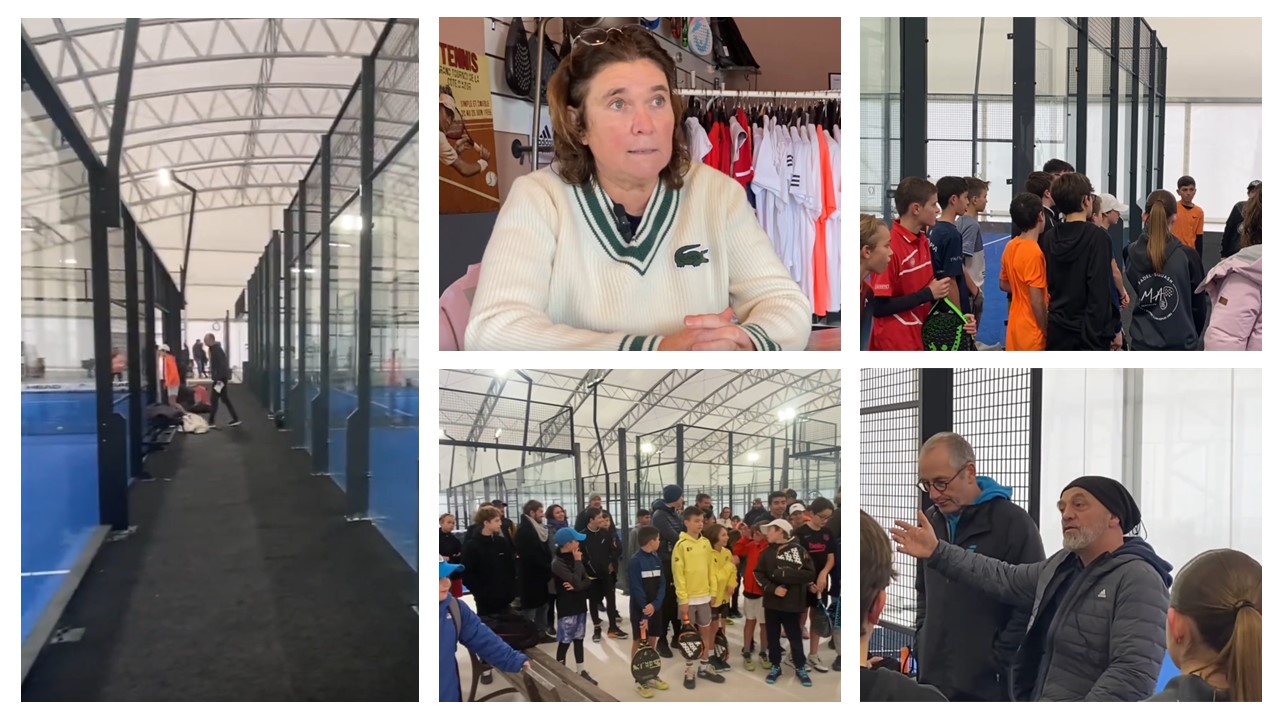 Report on the detection and training of younger generations
Report on the detection and training of younger generations